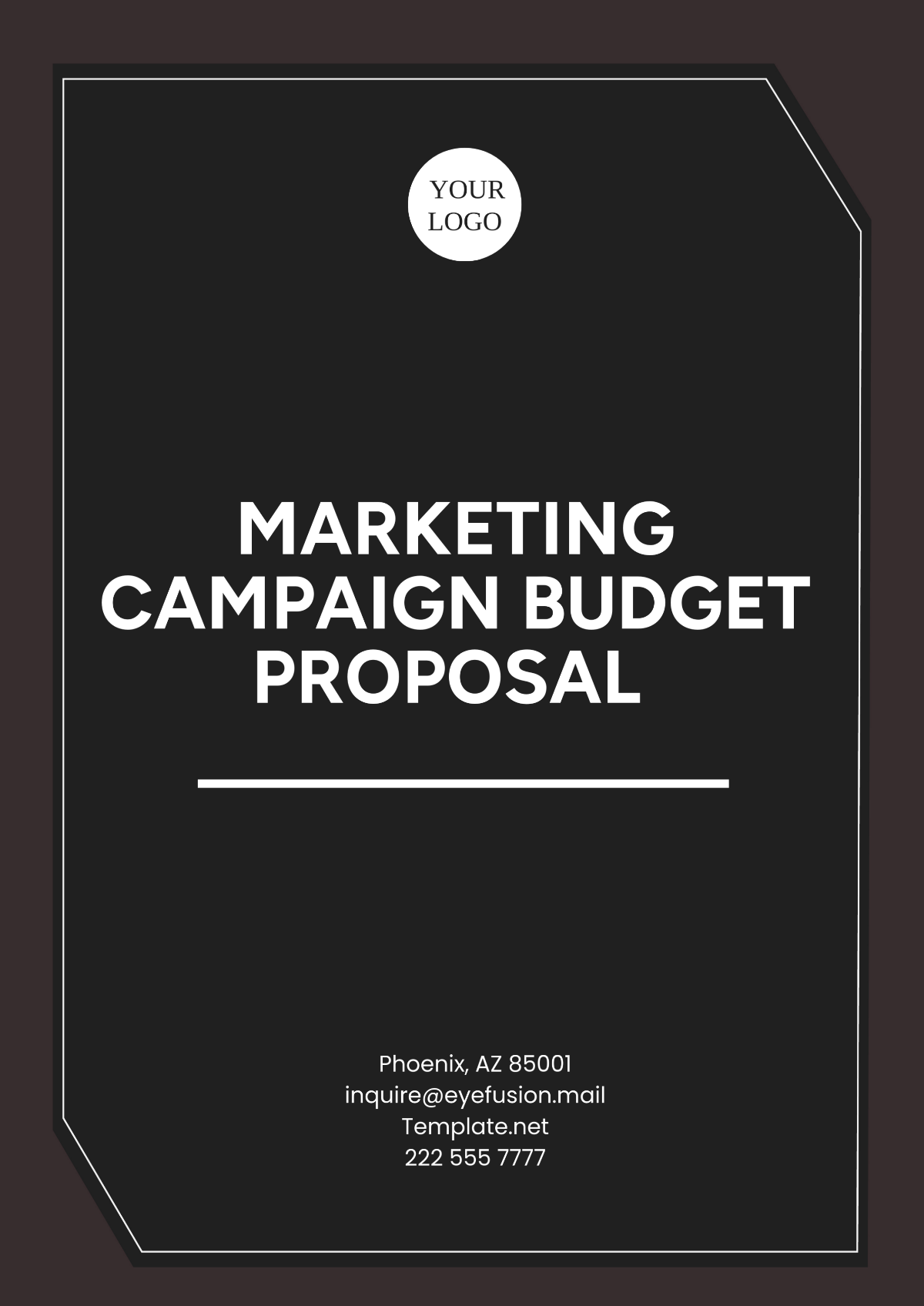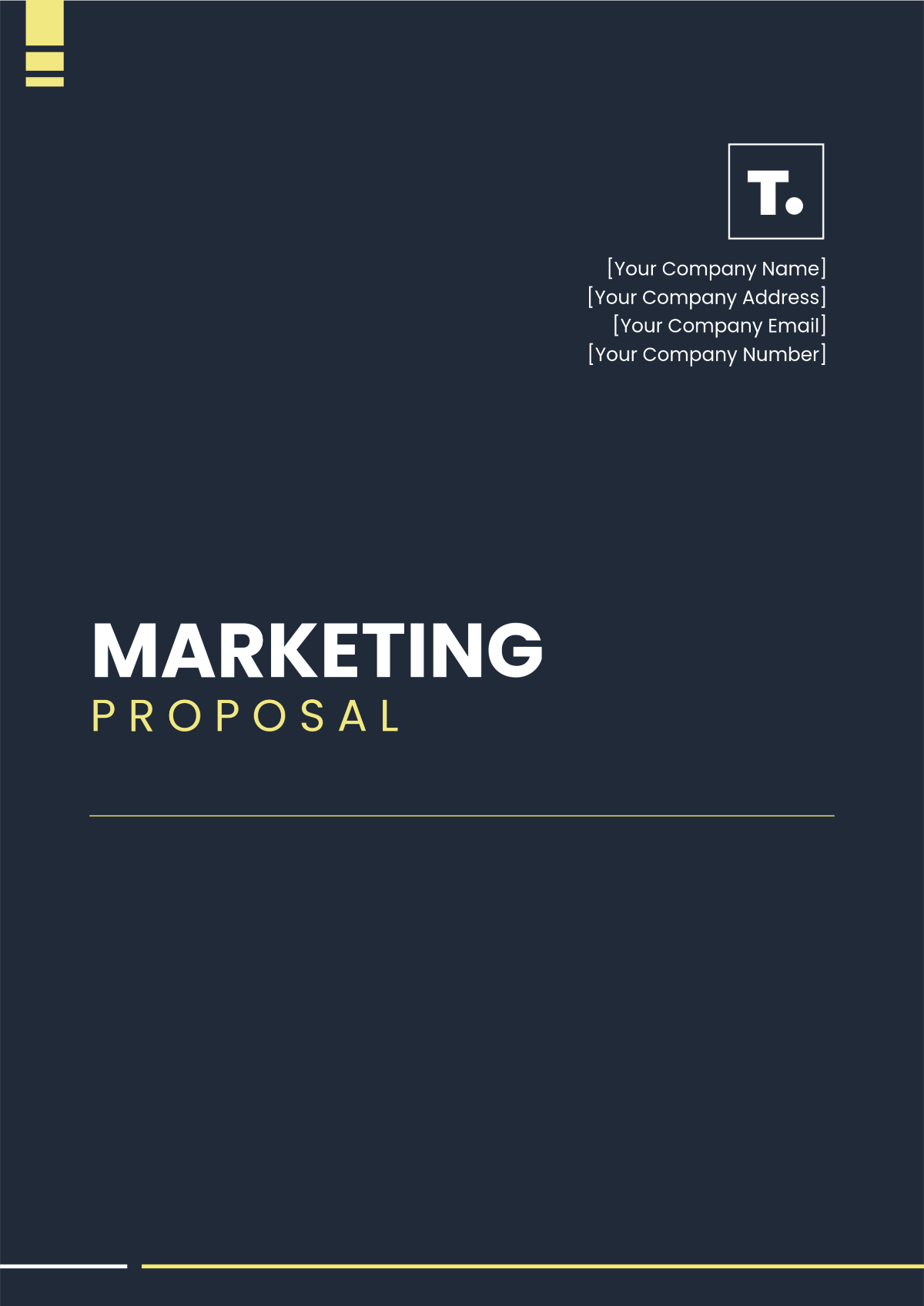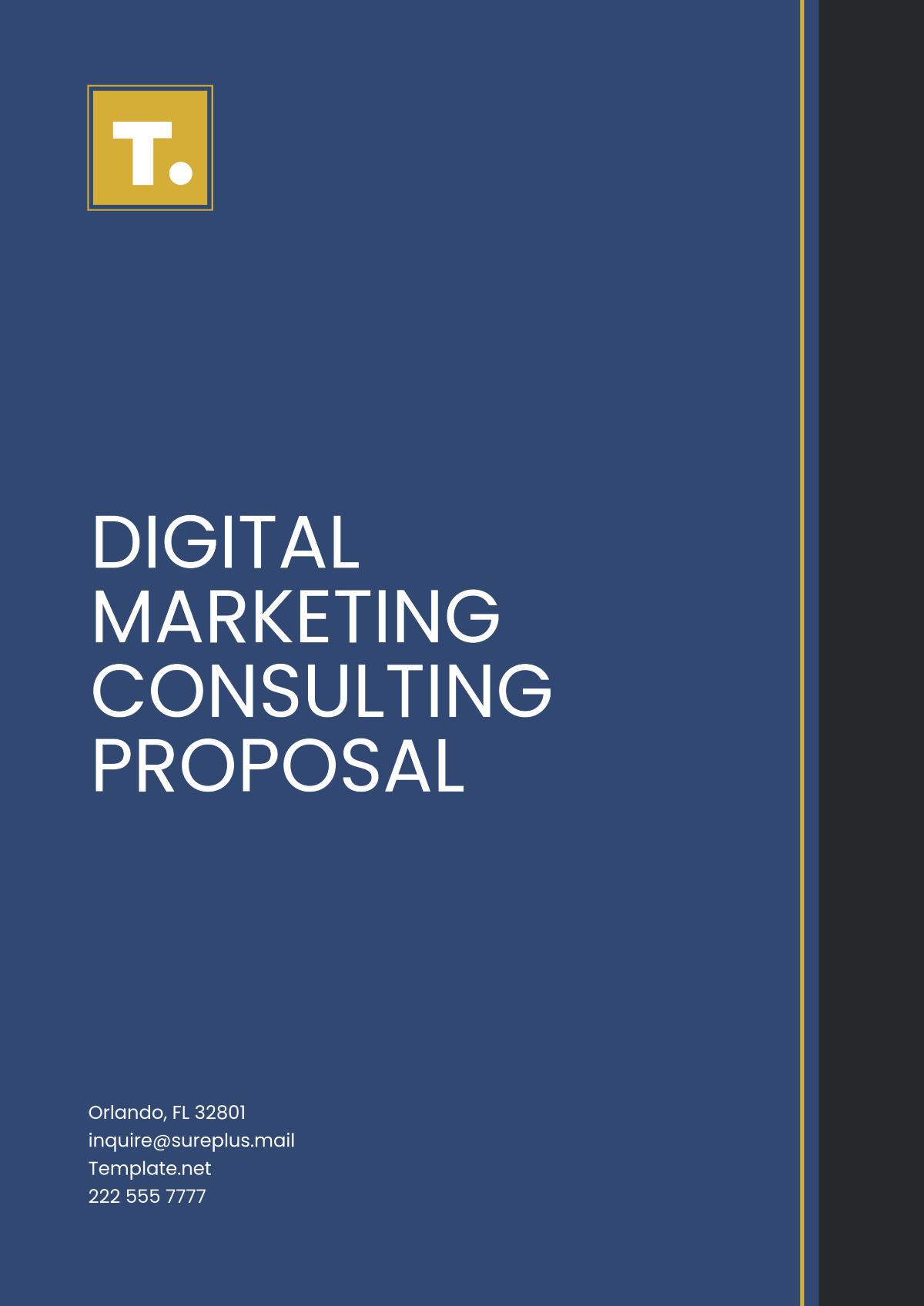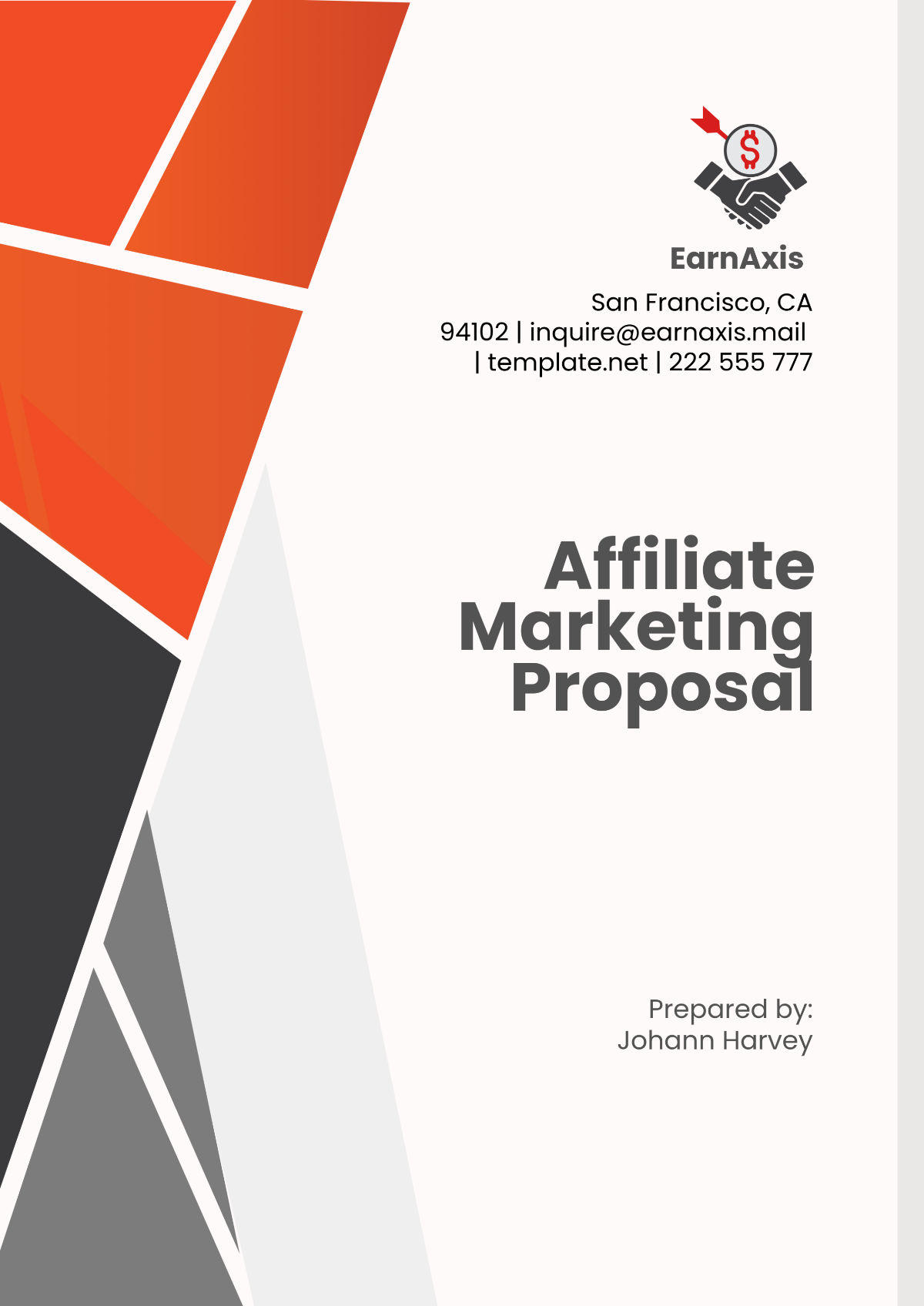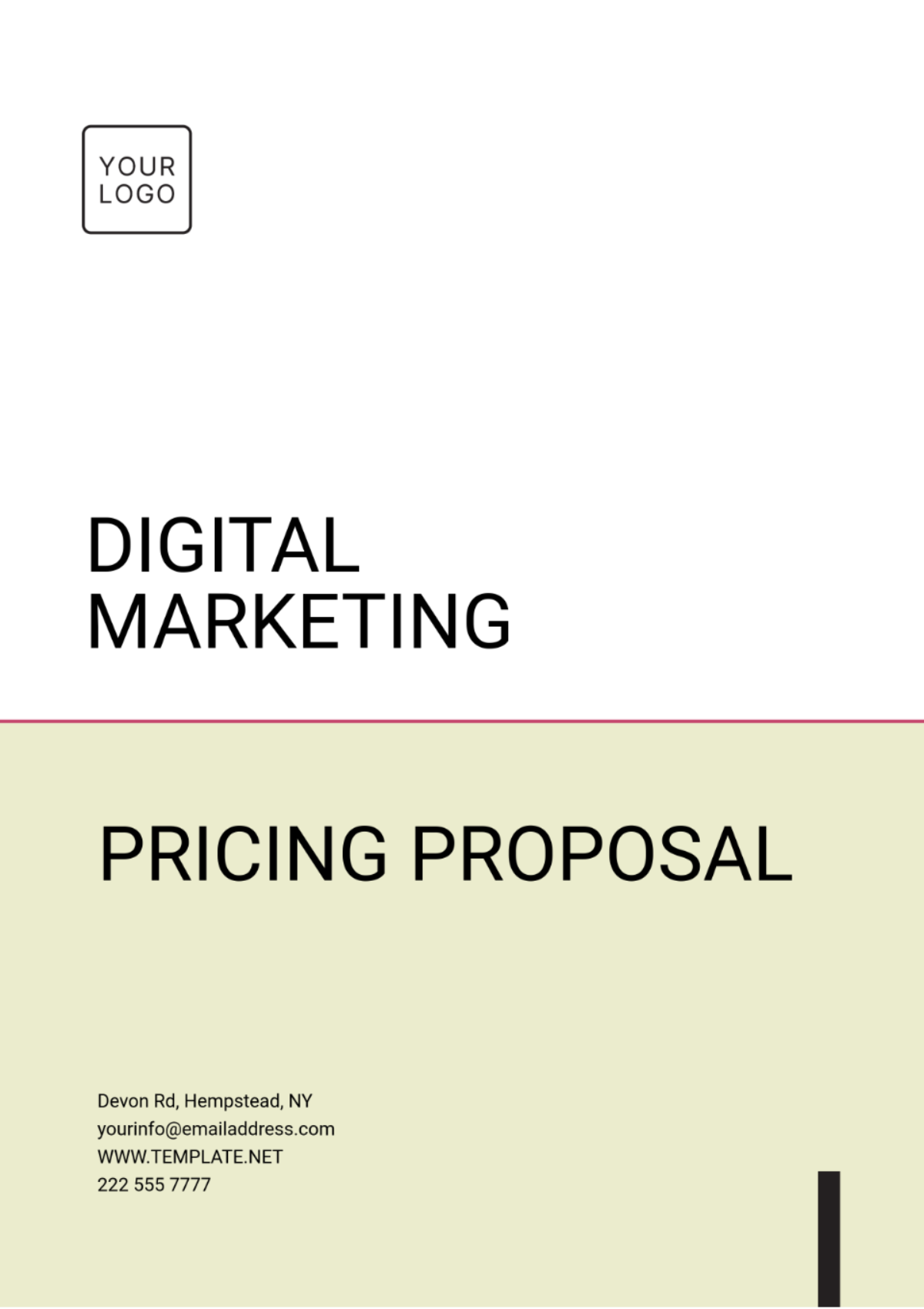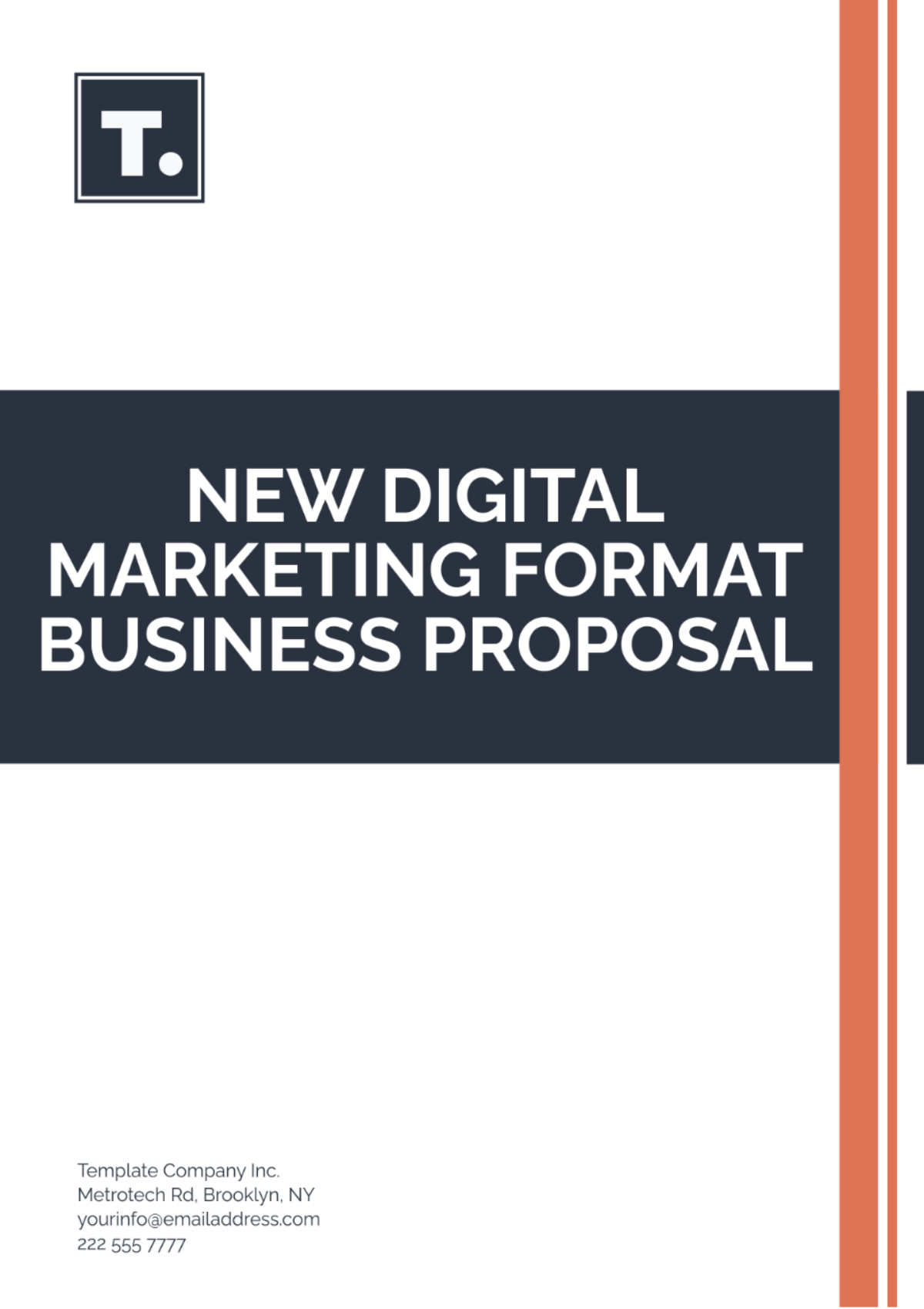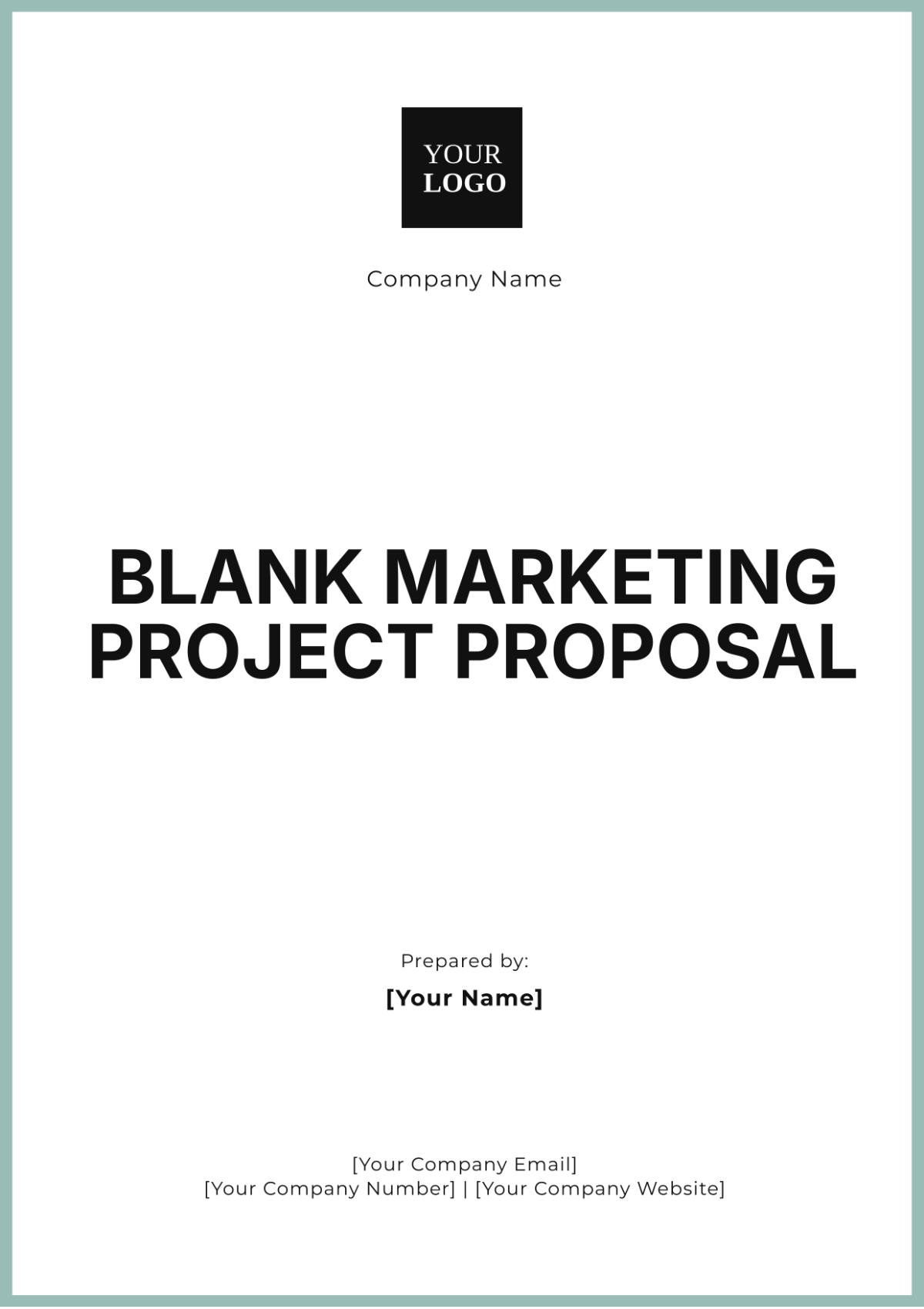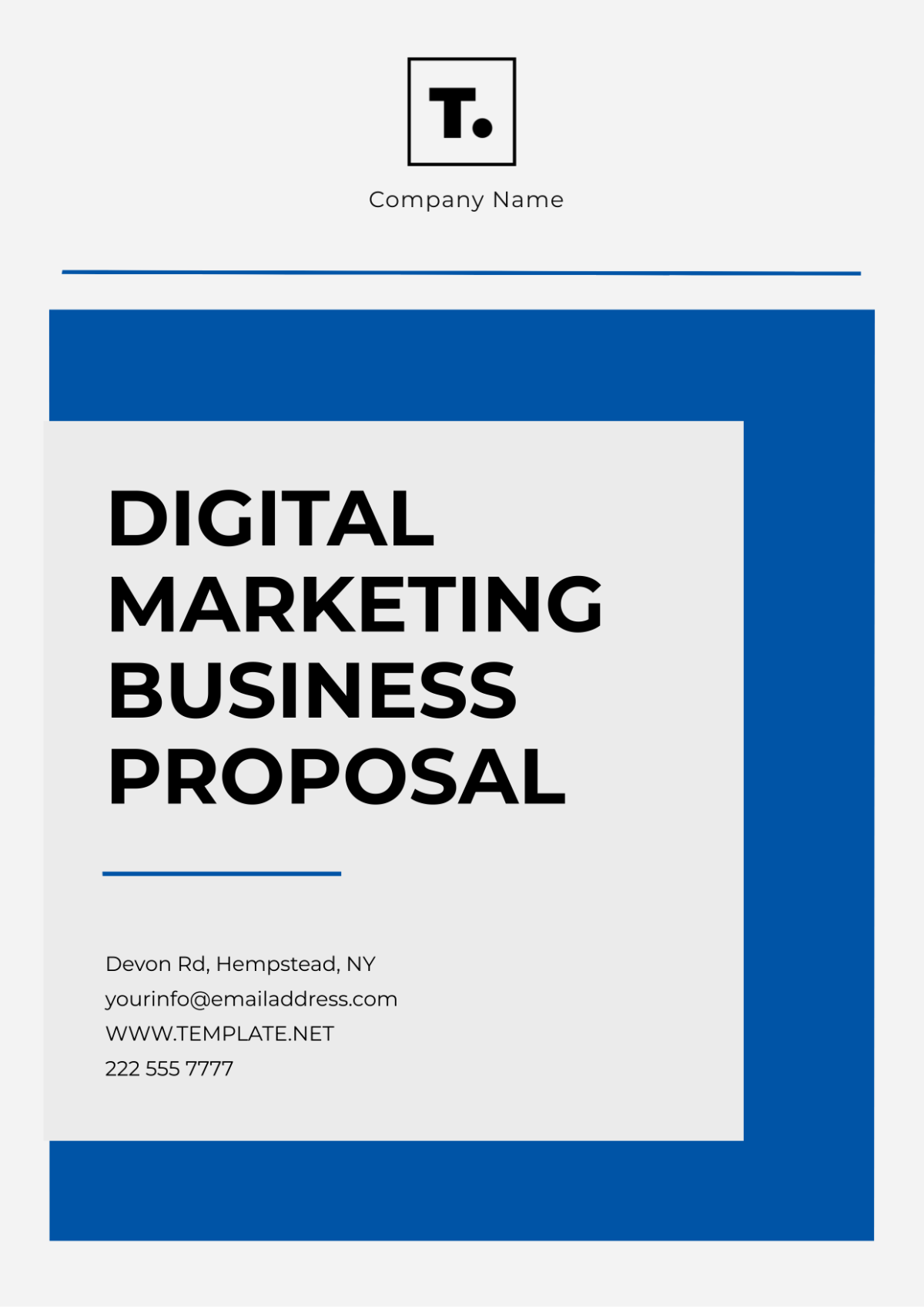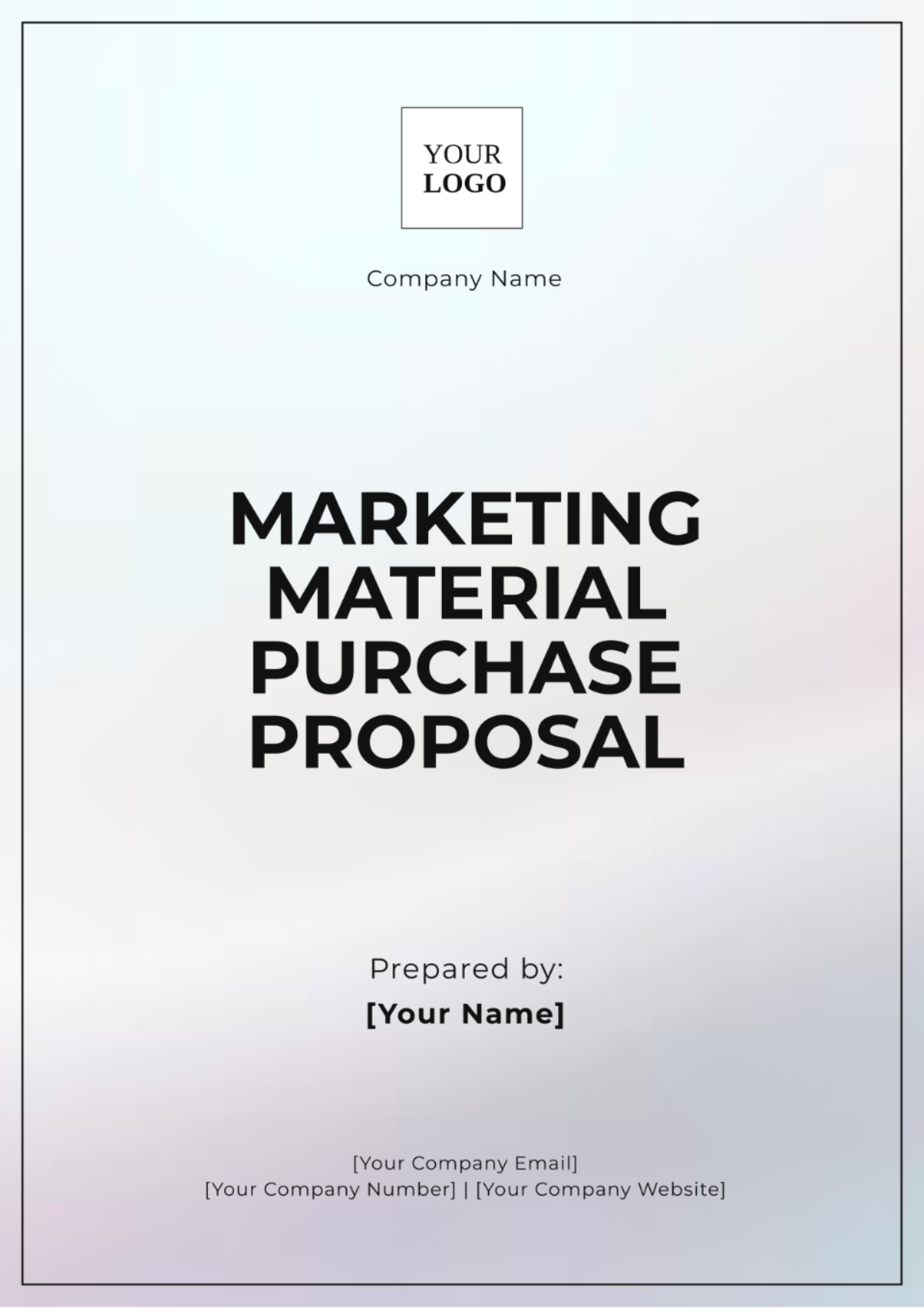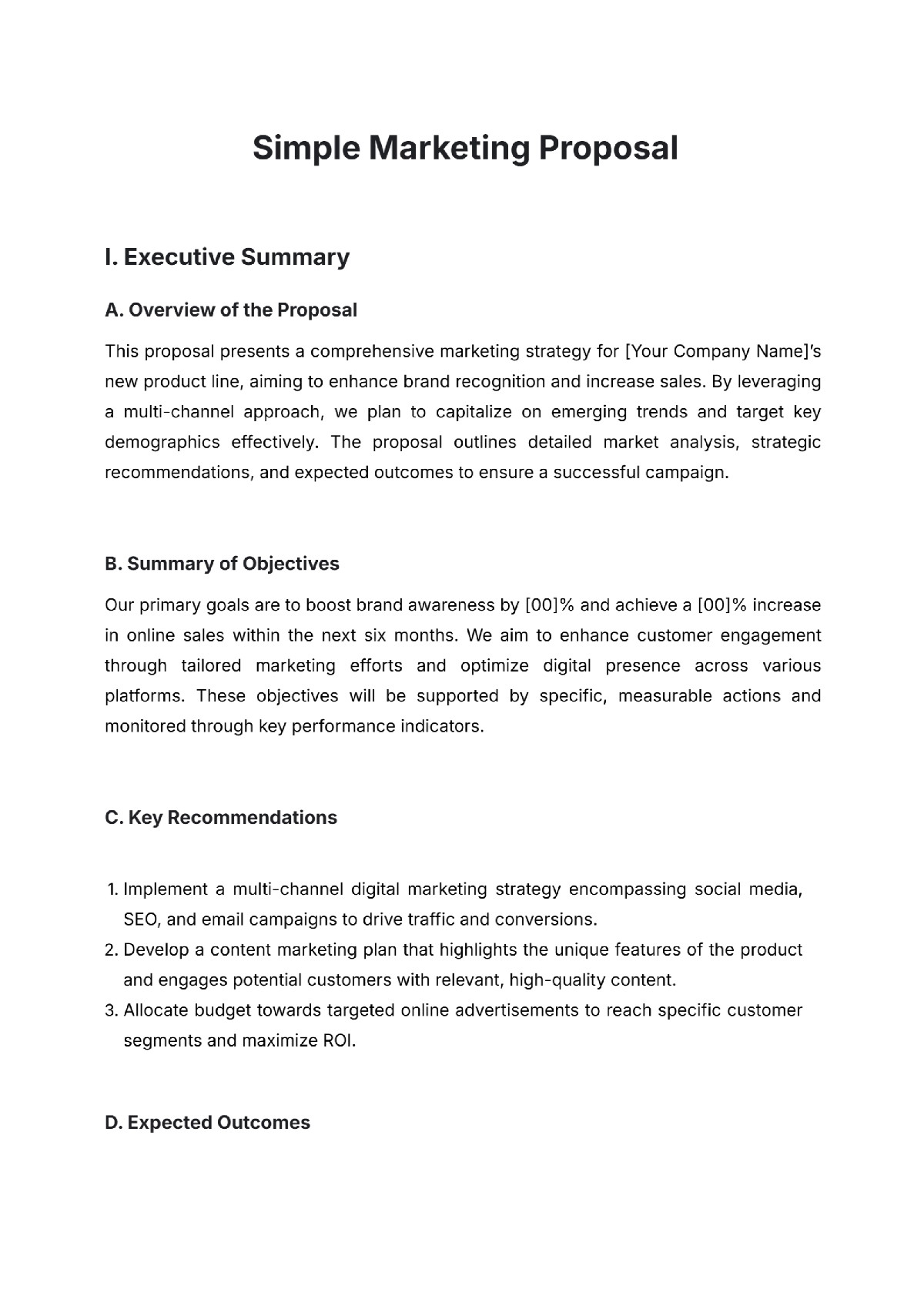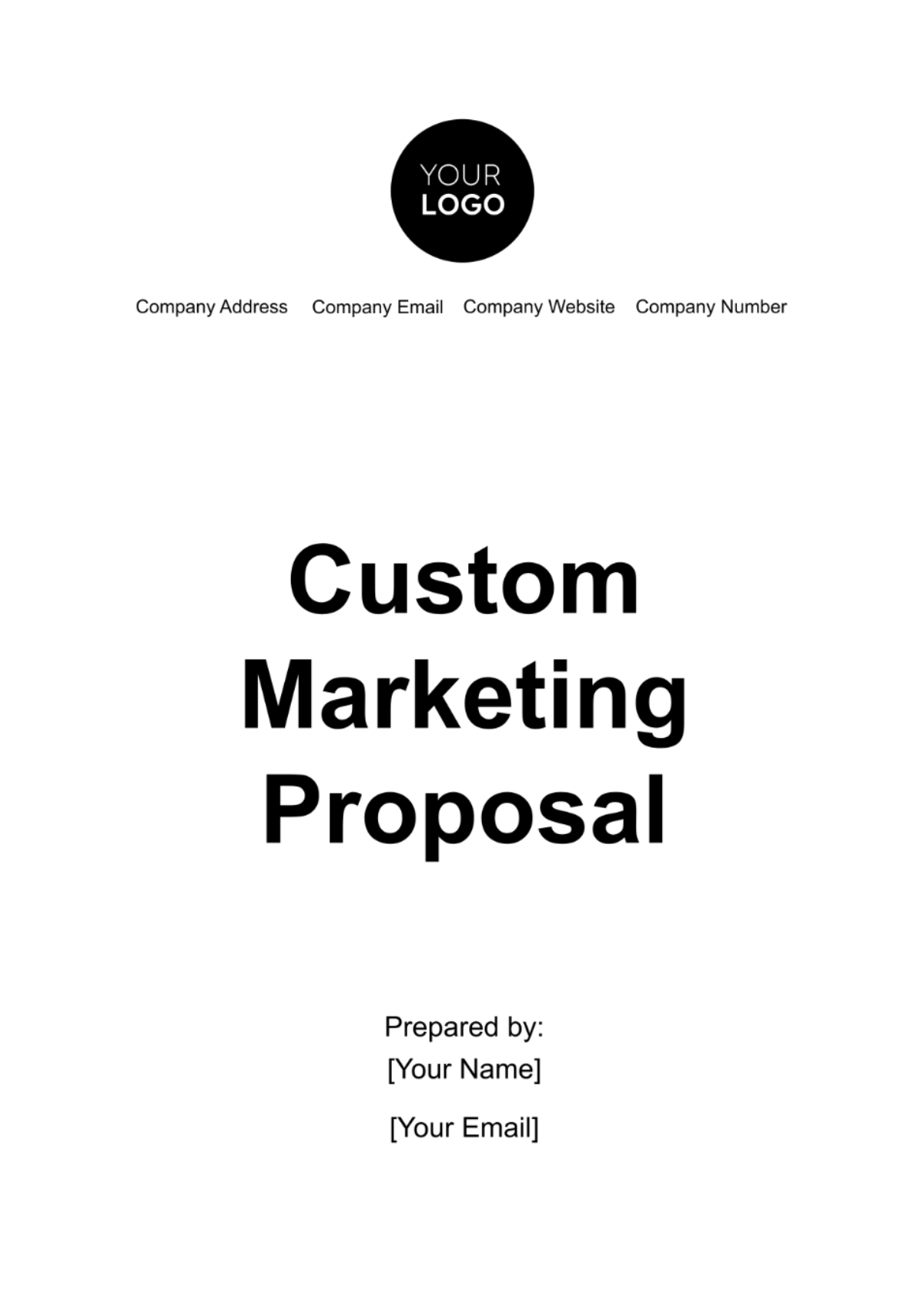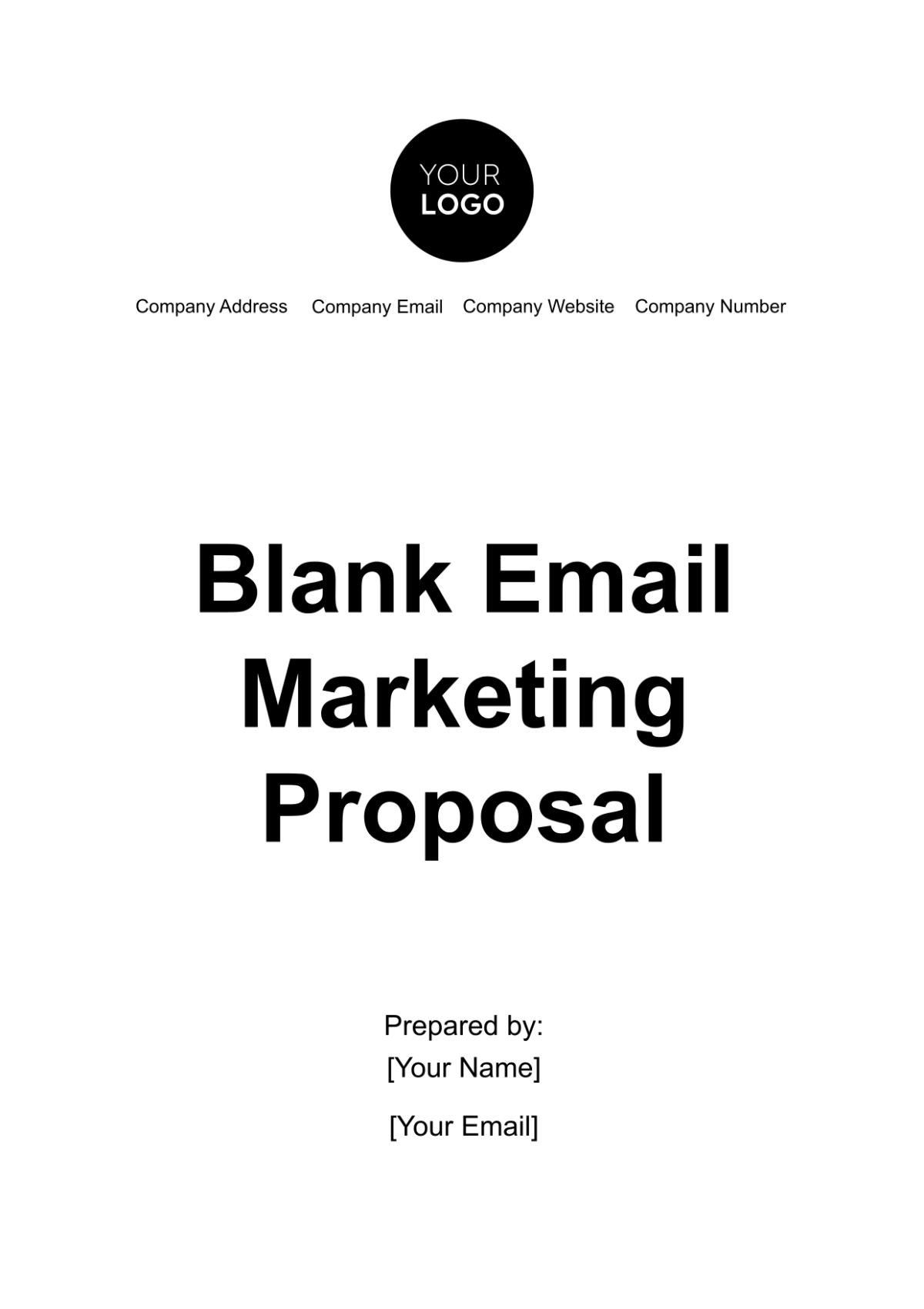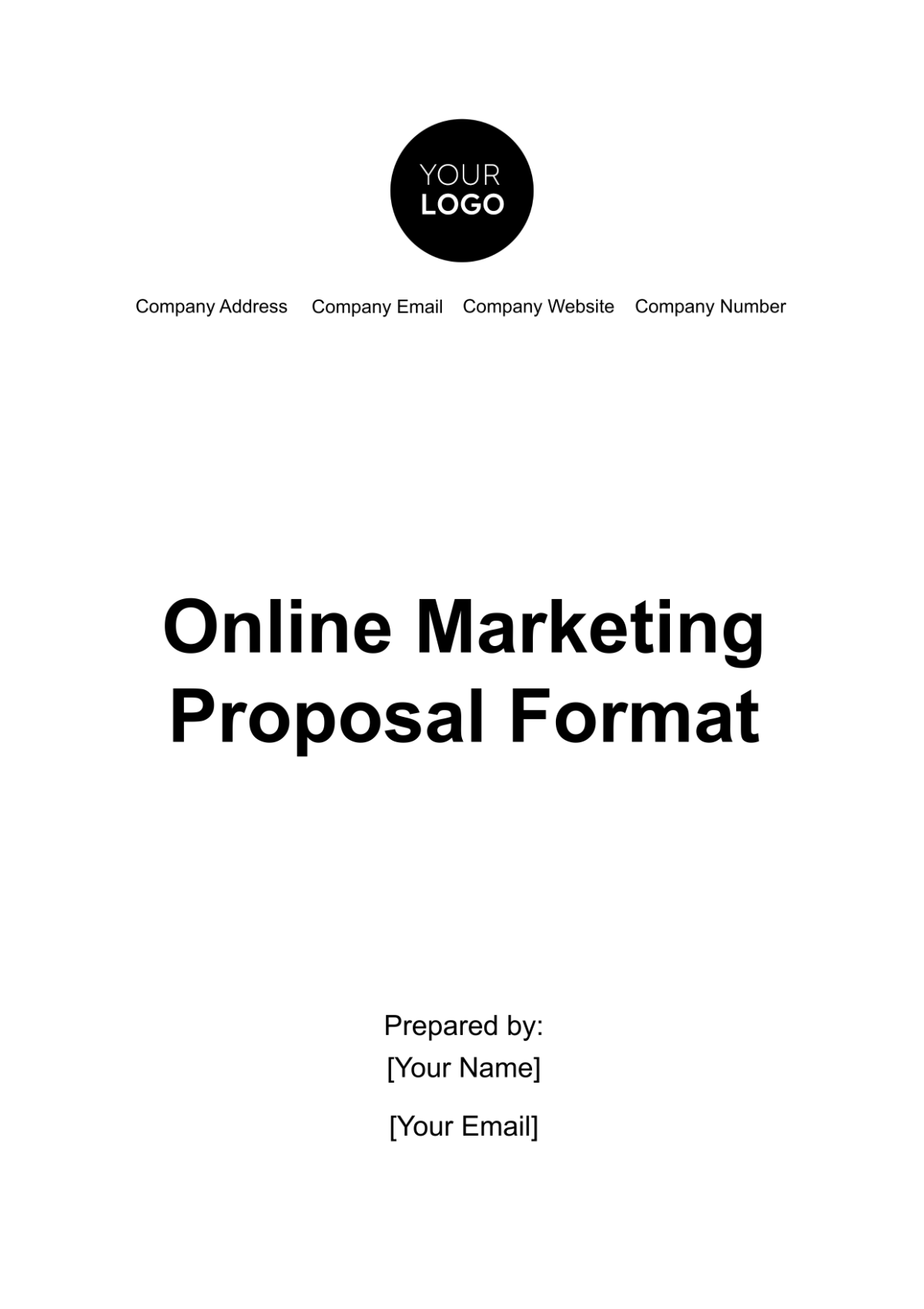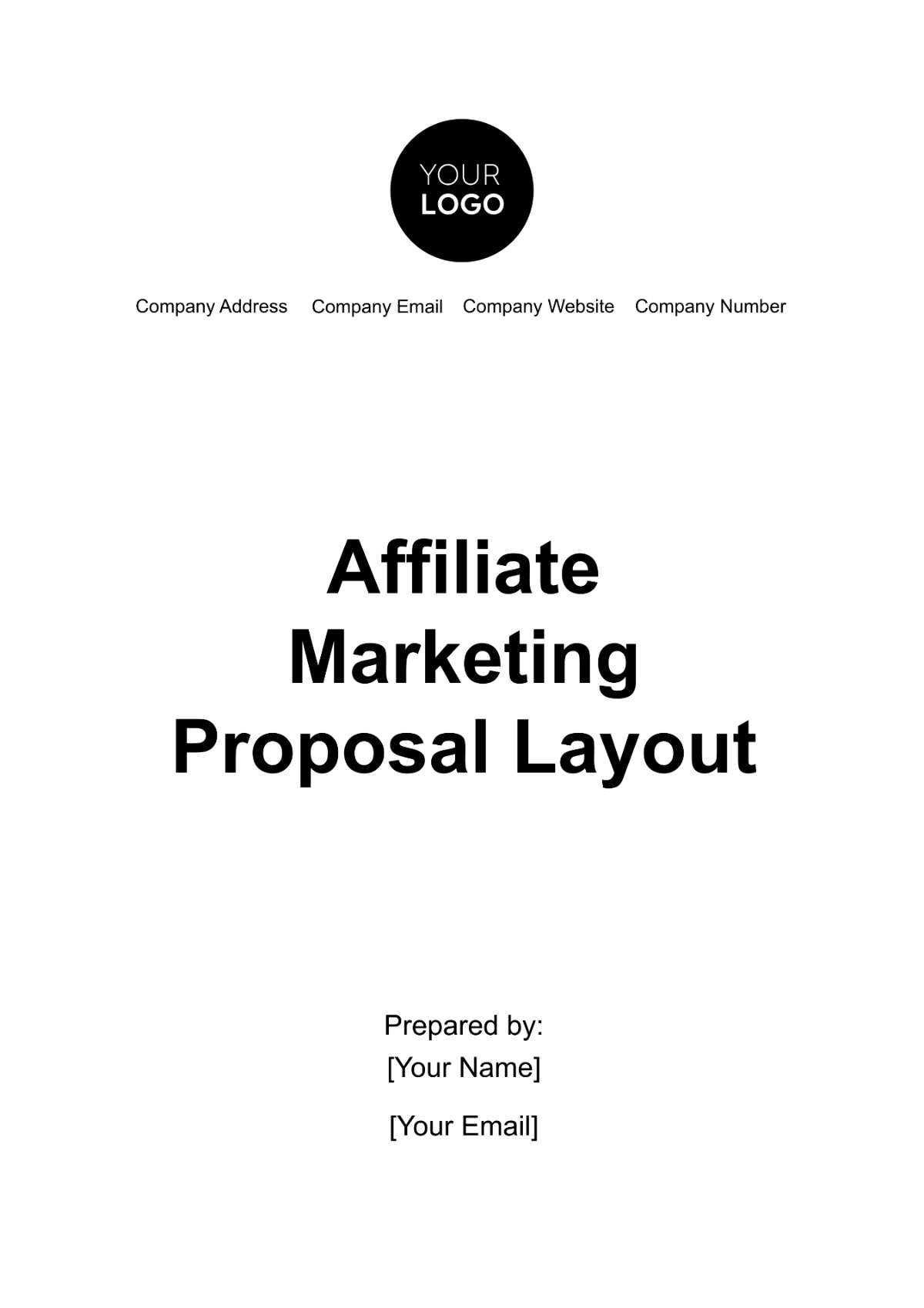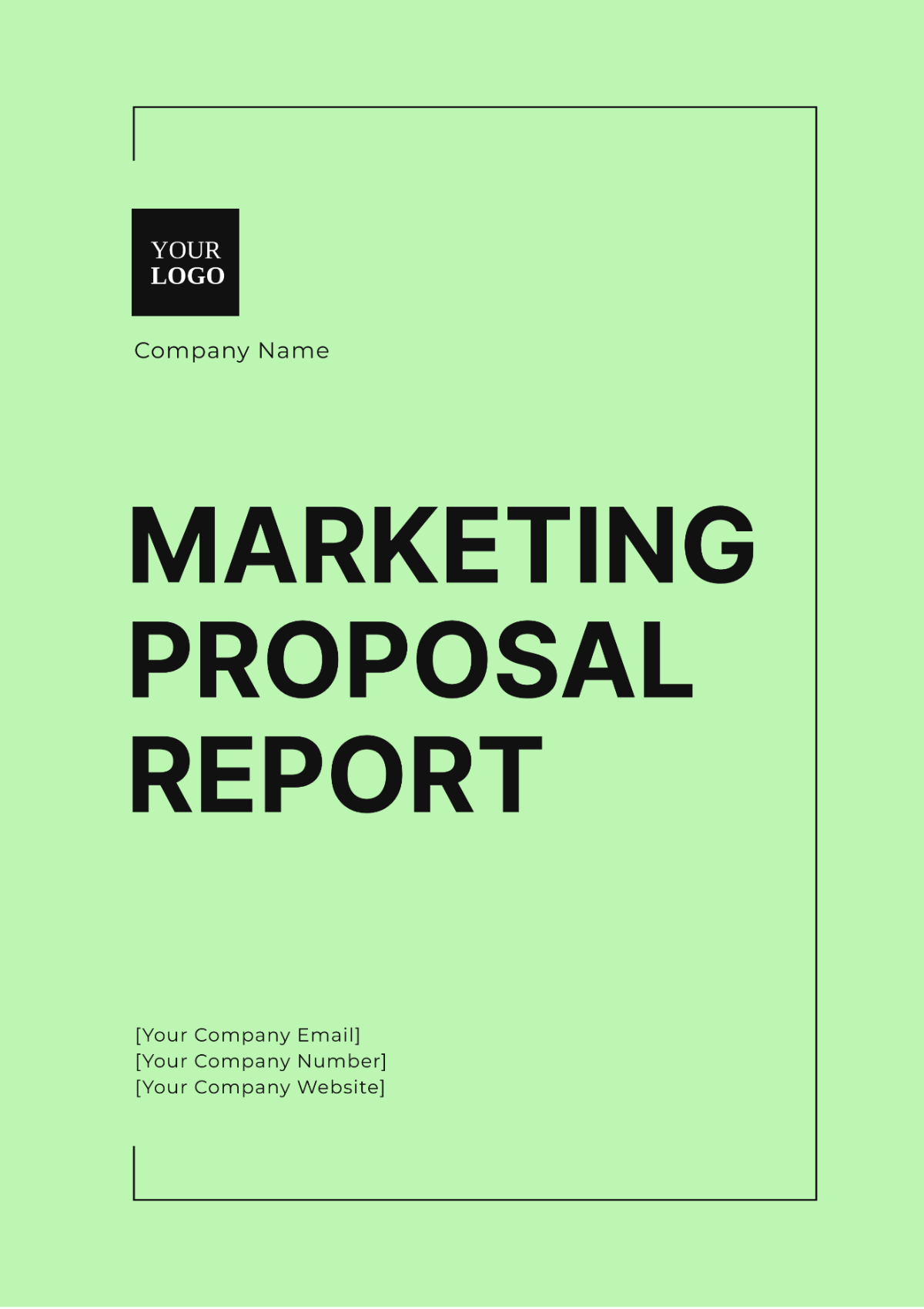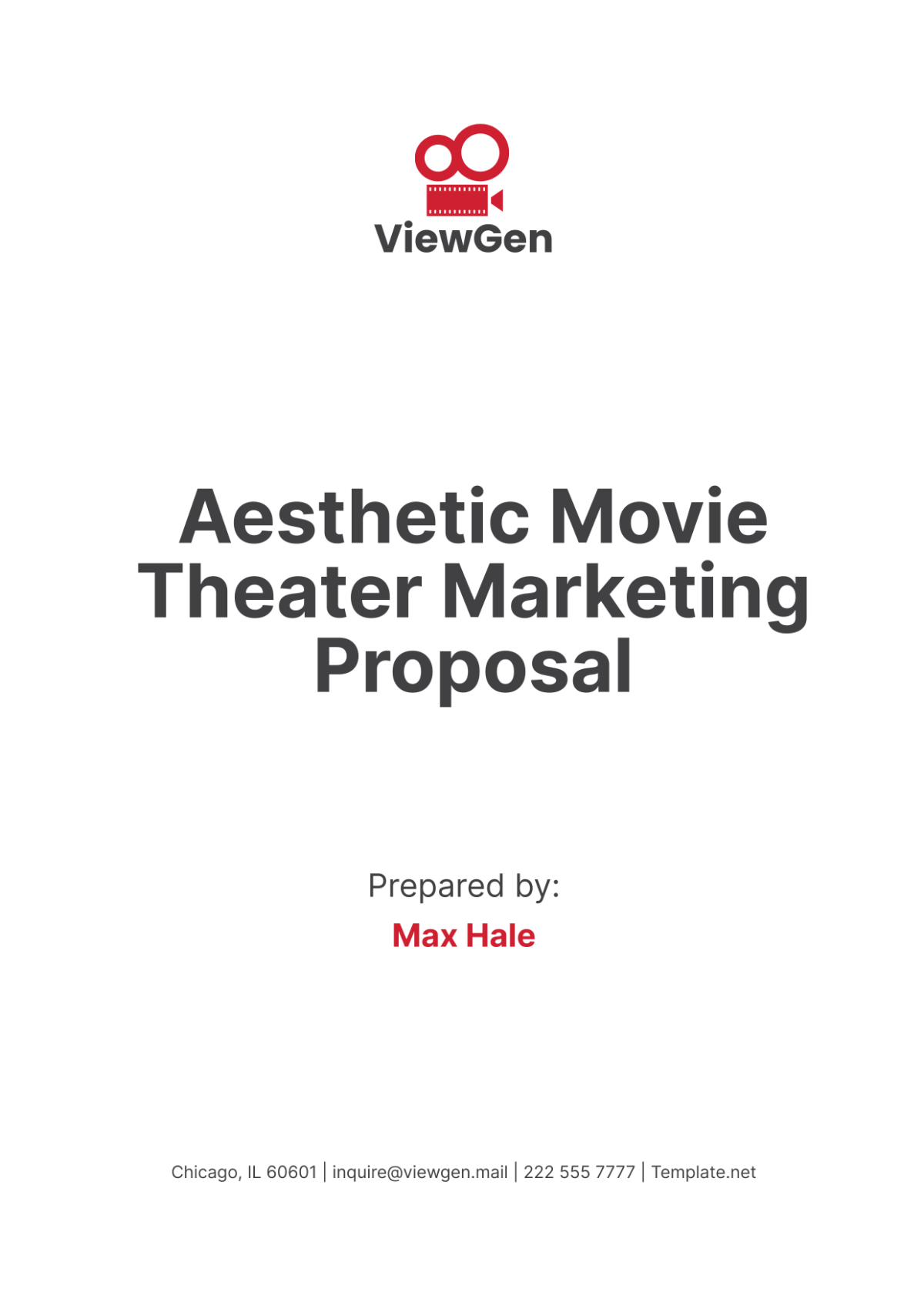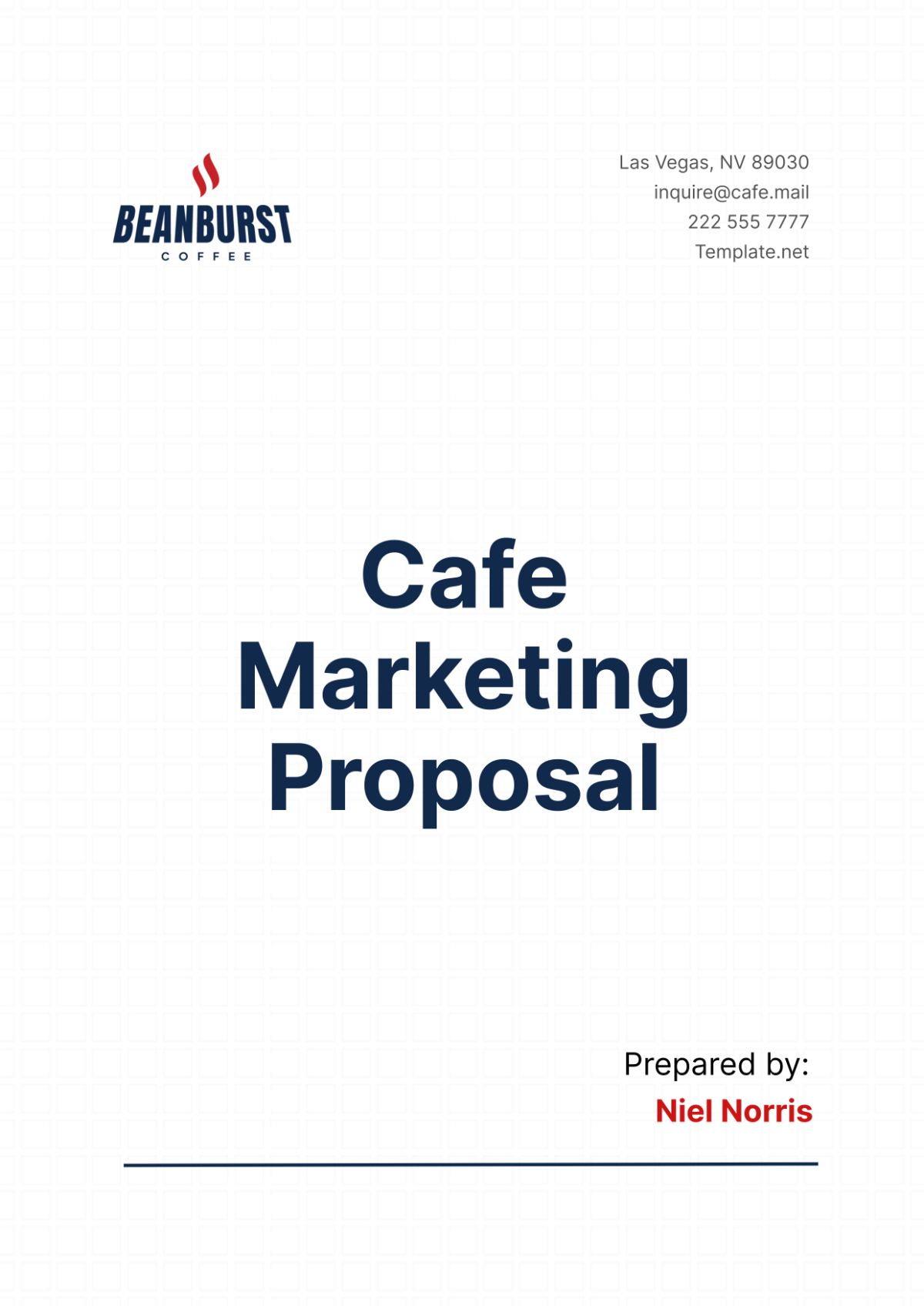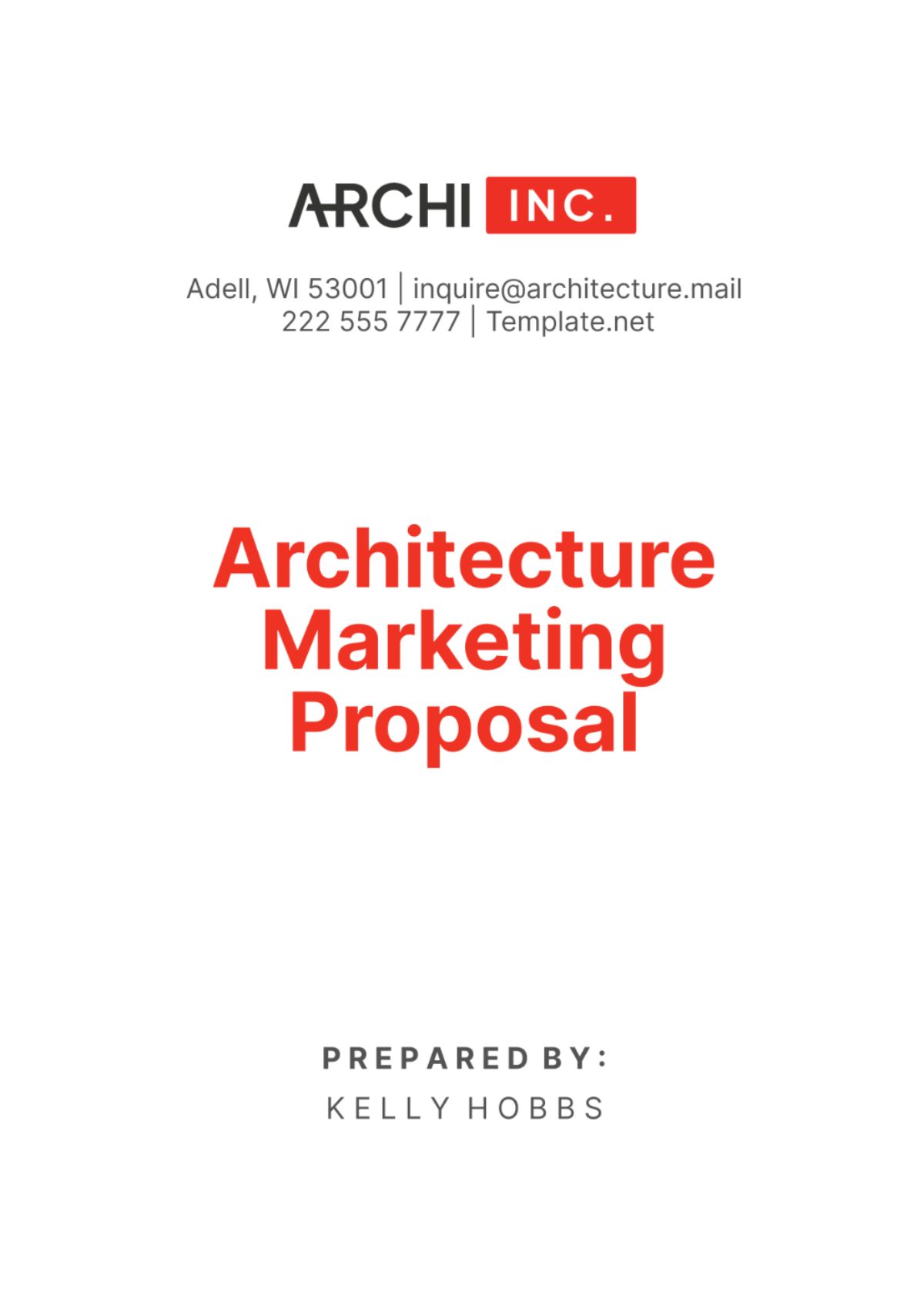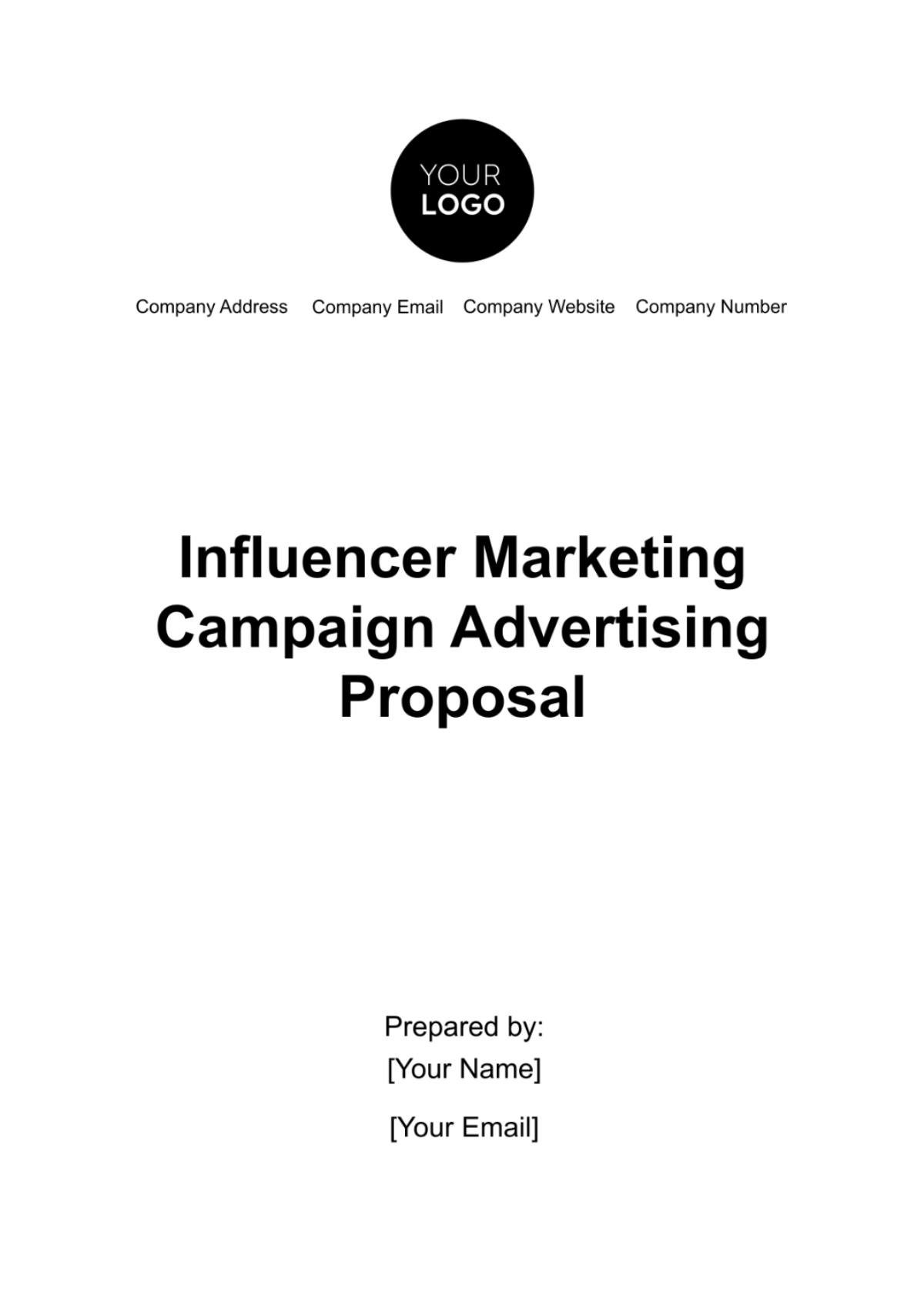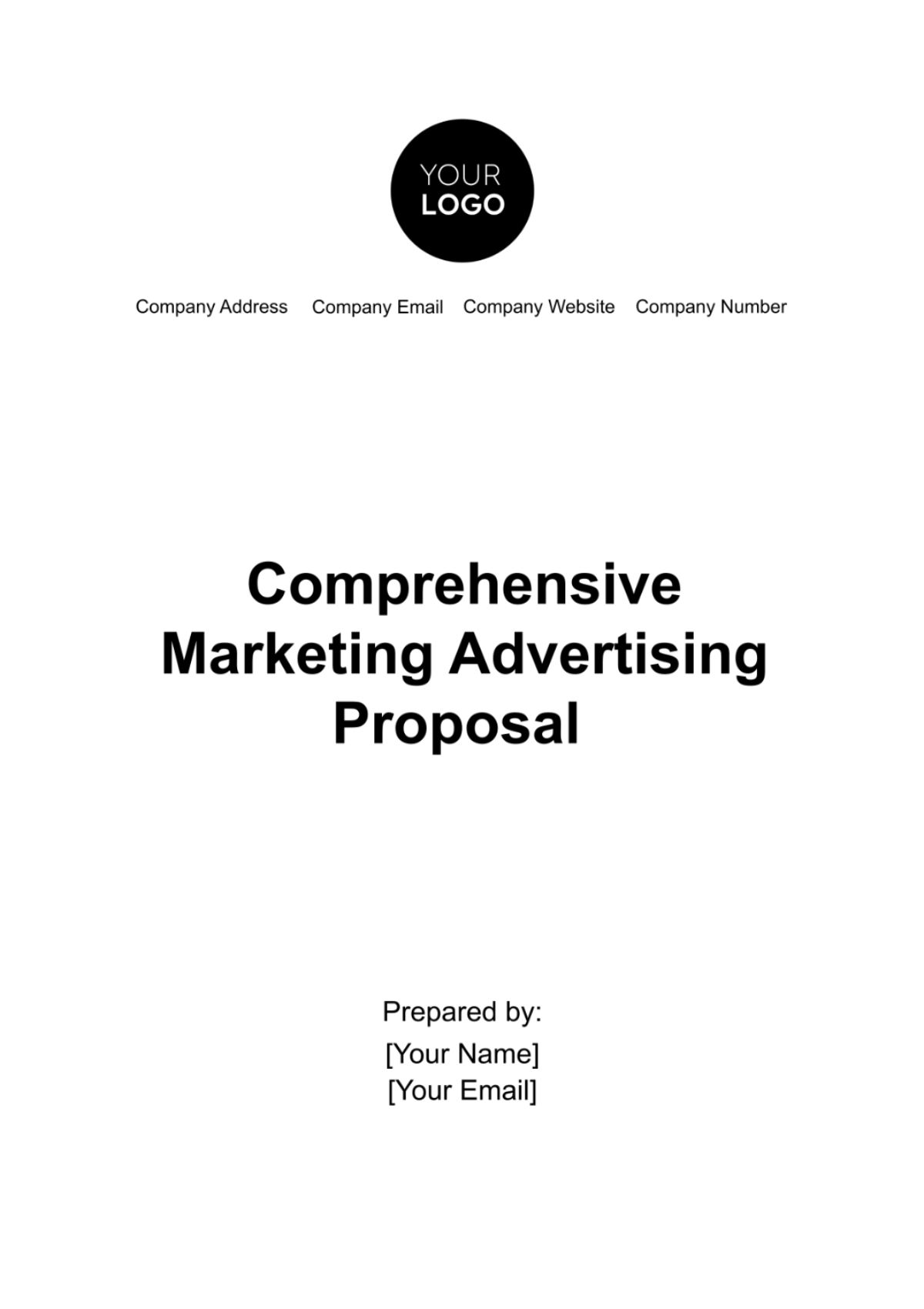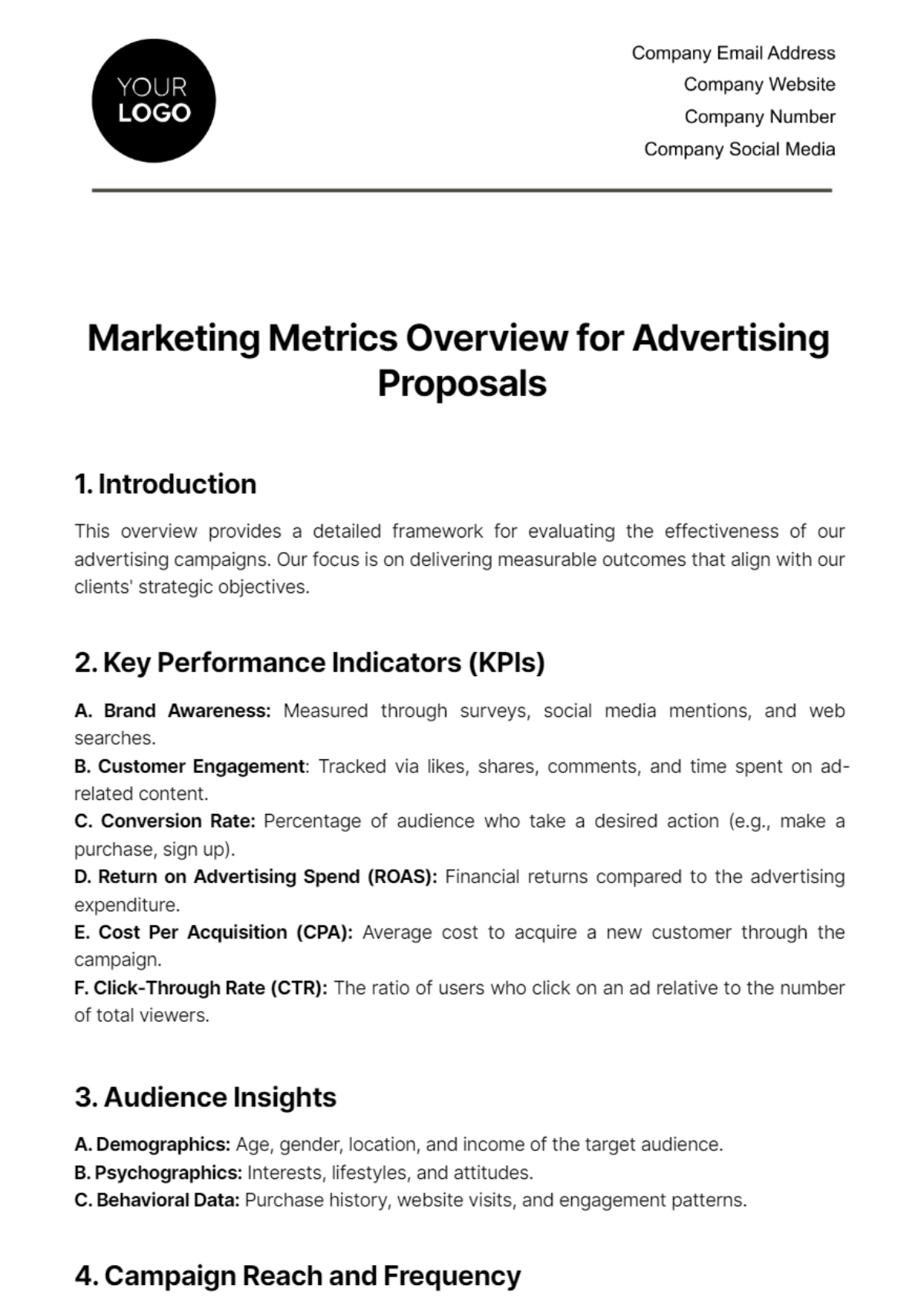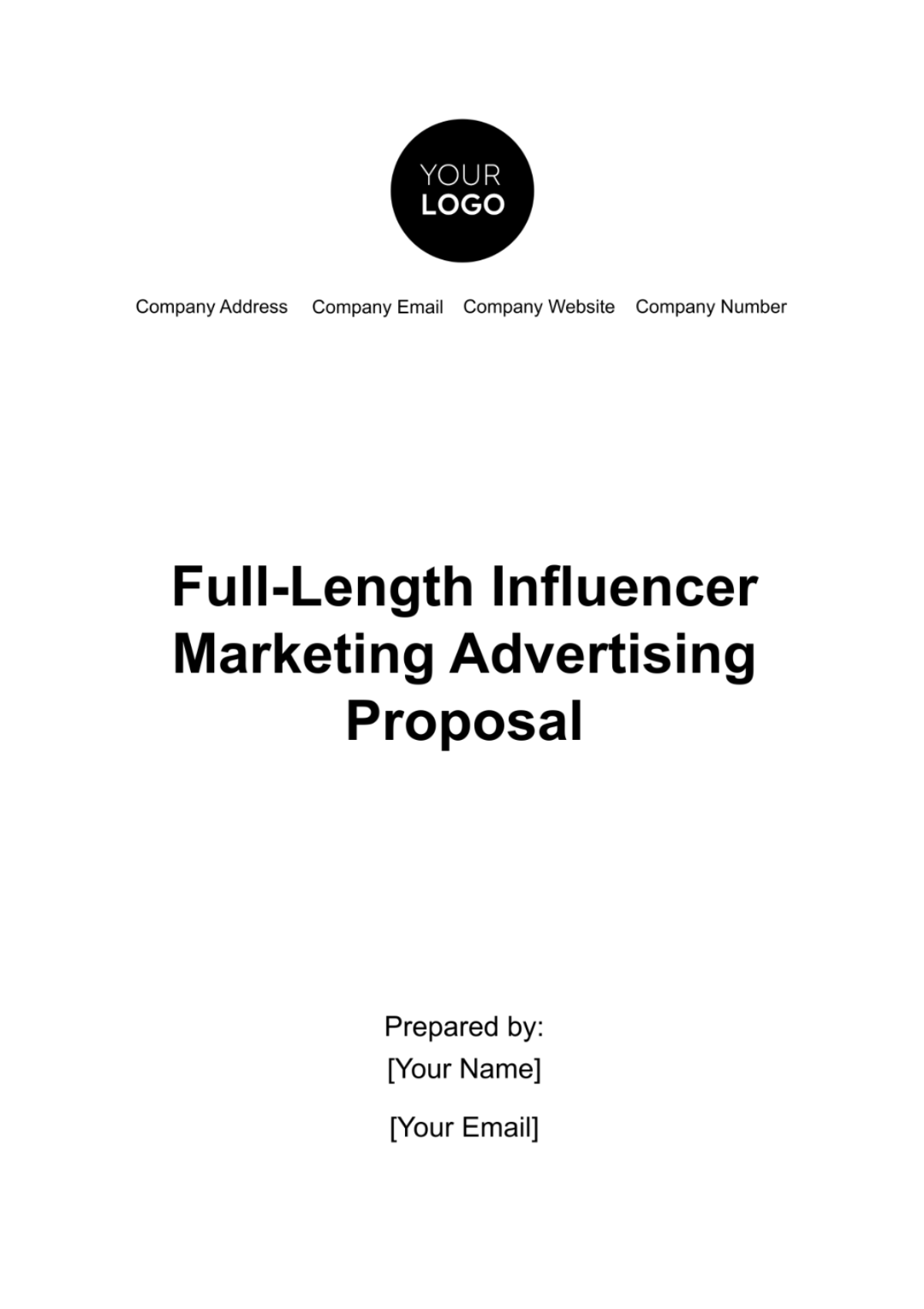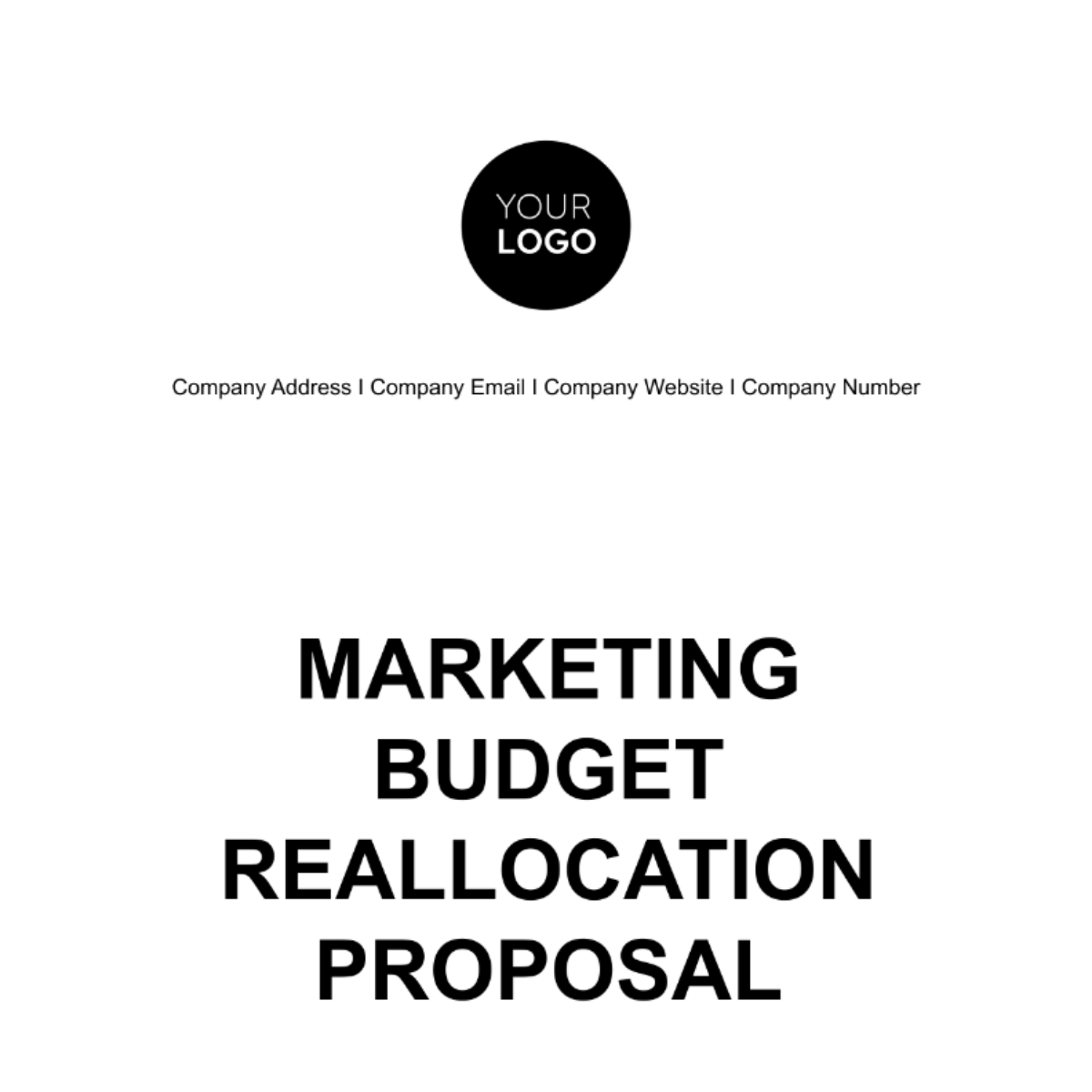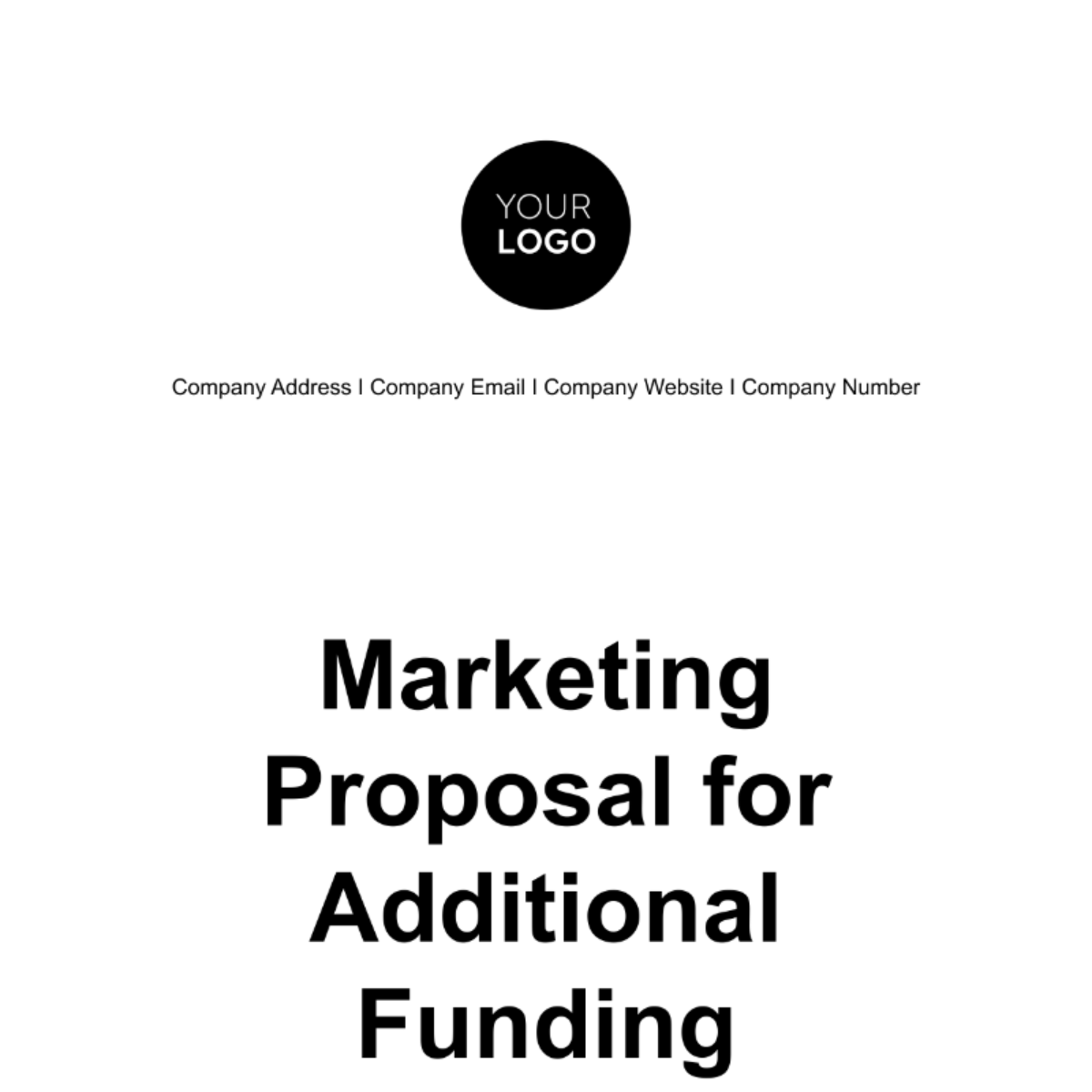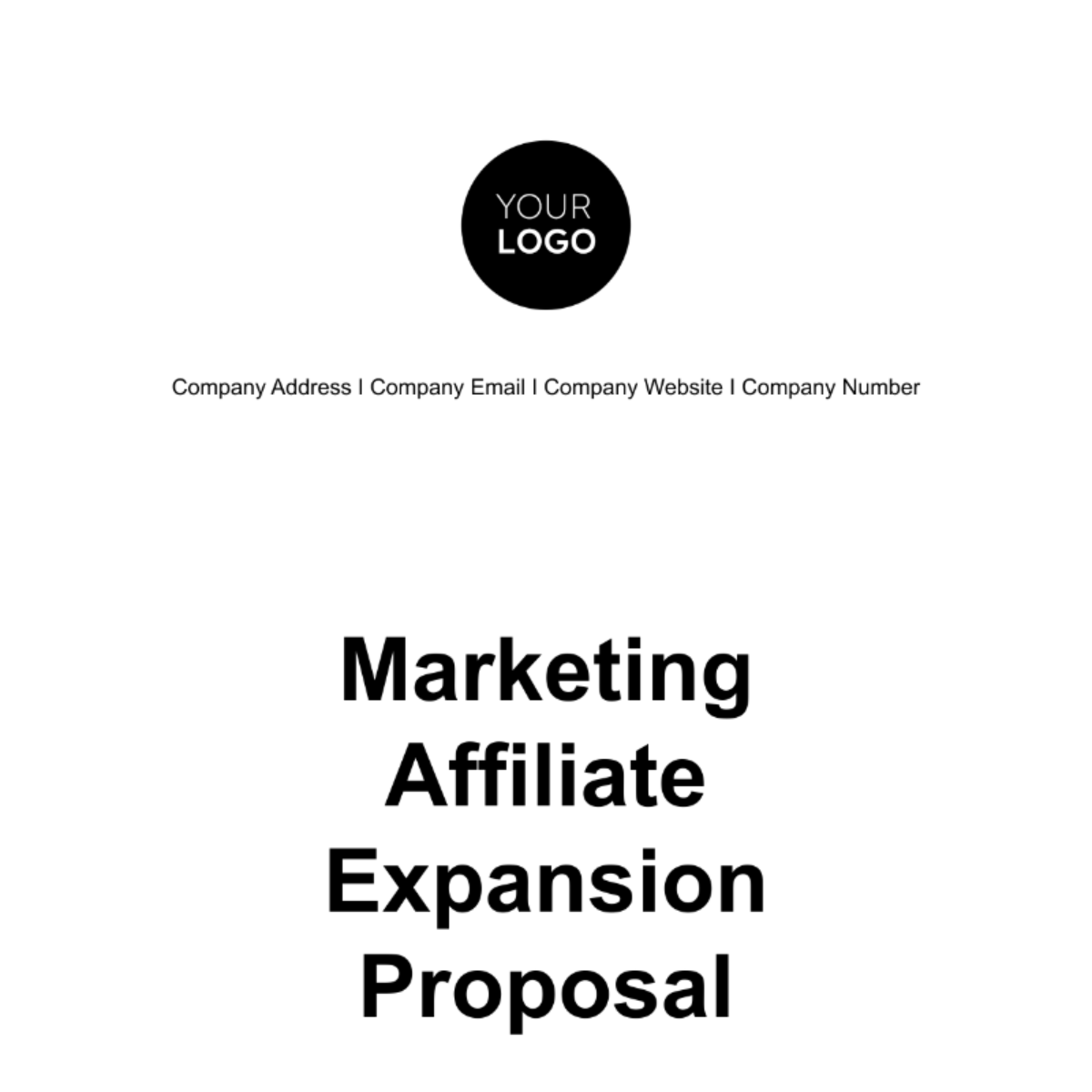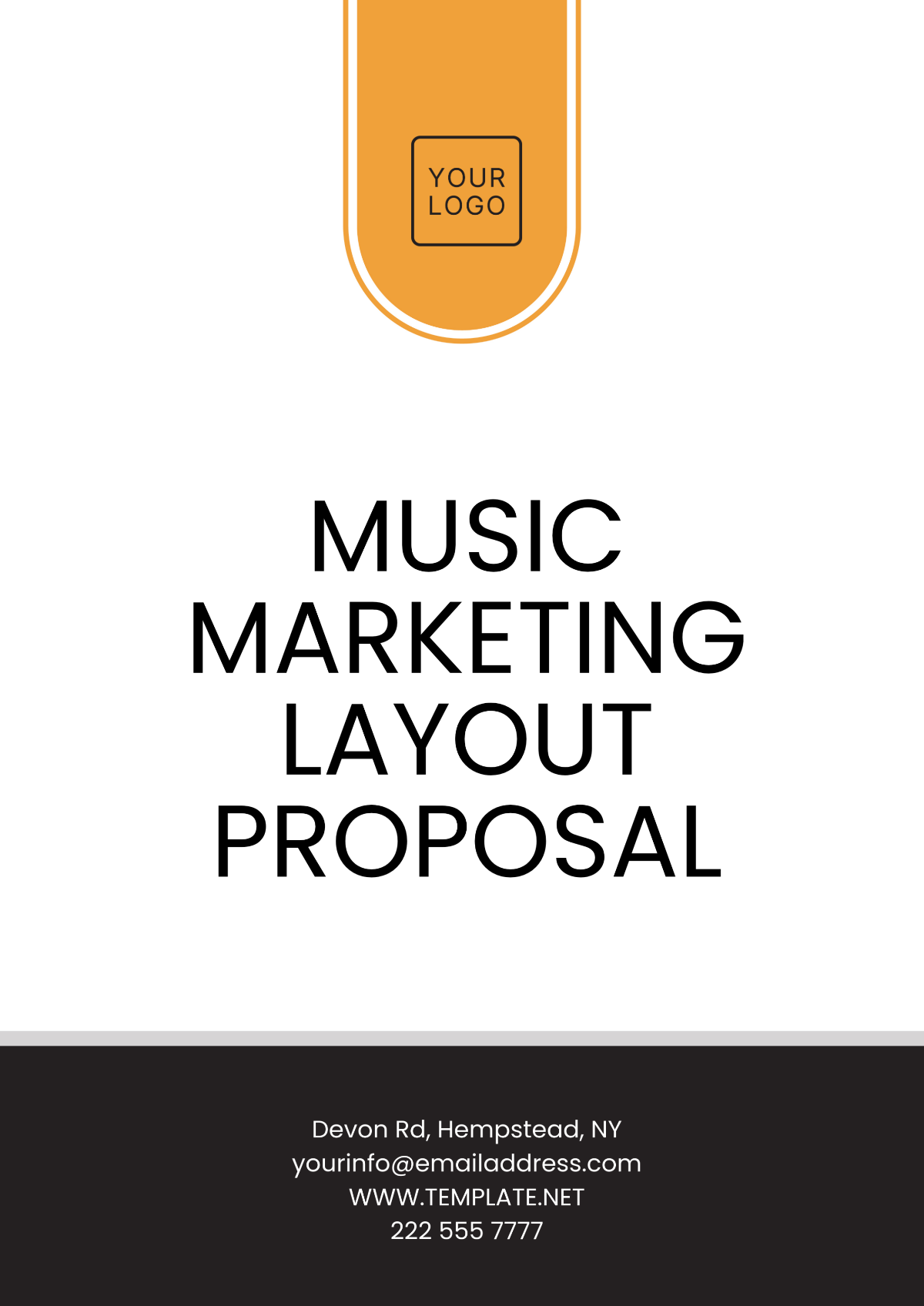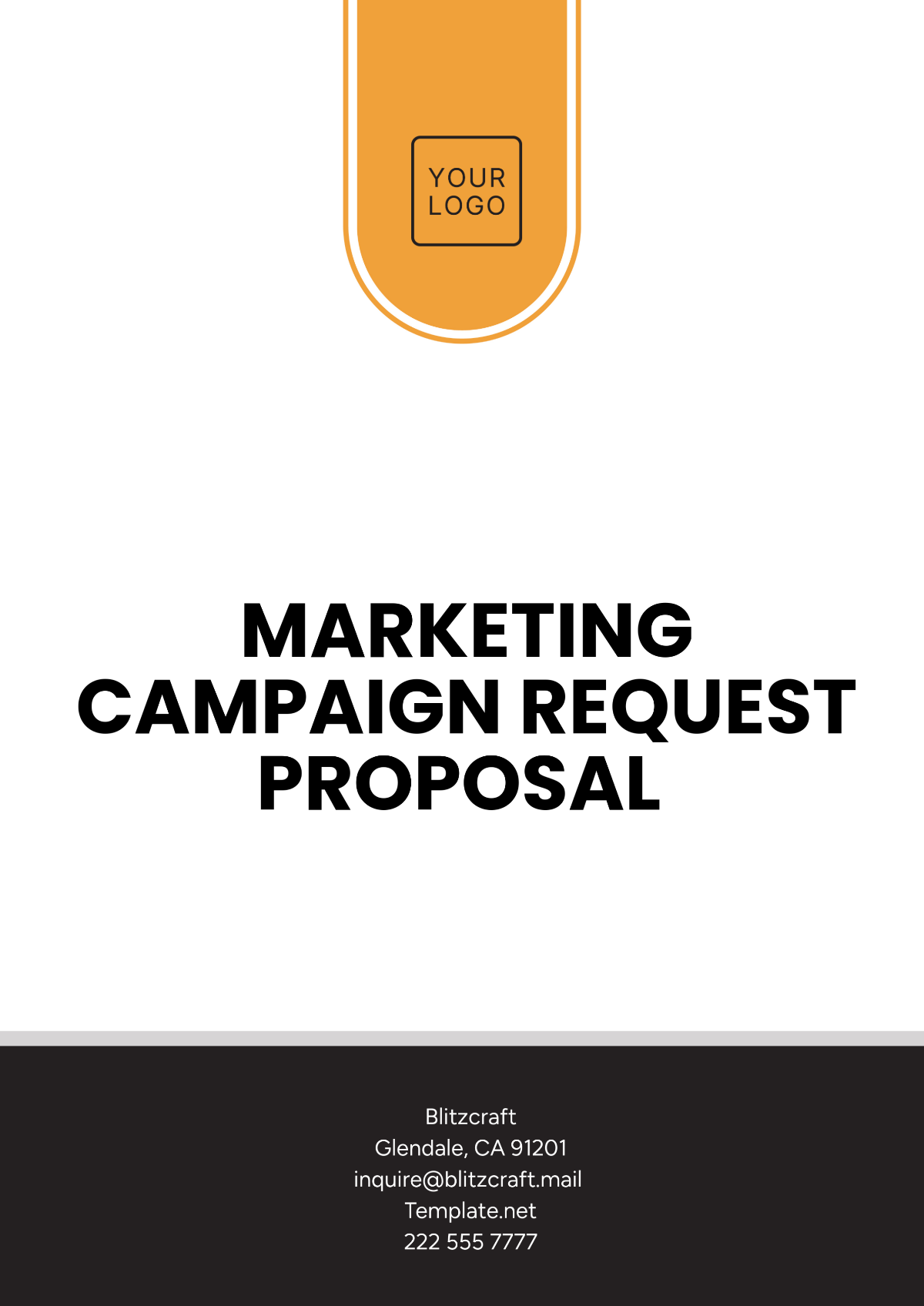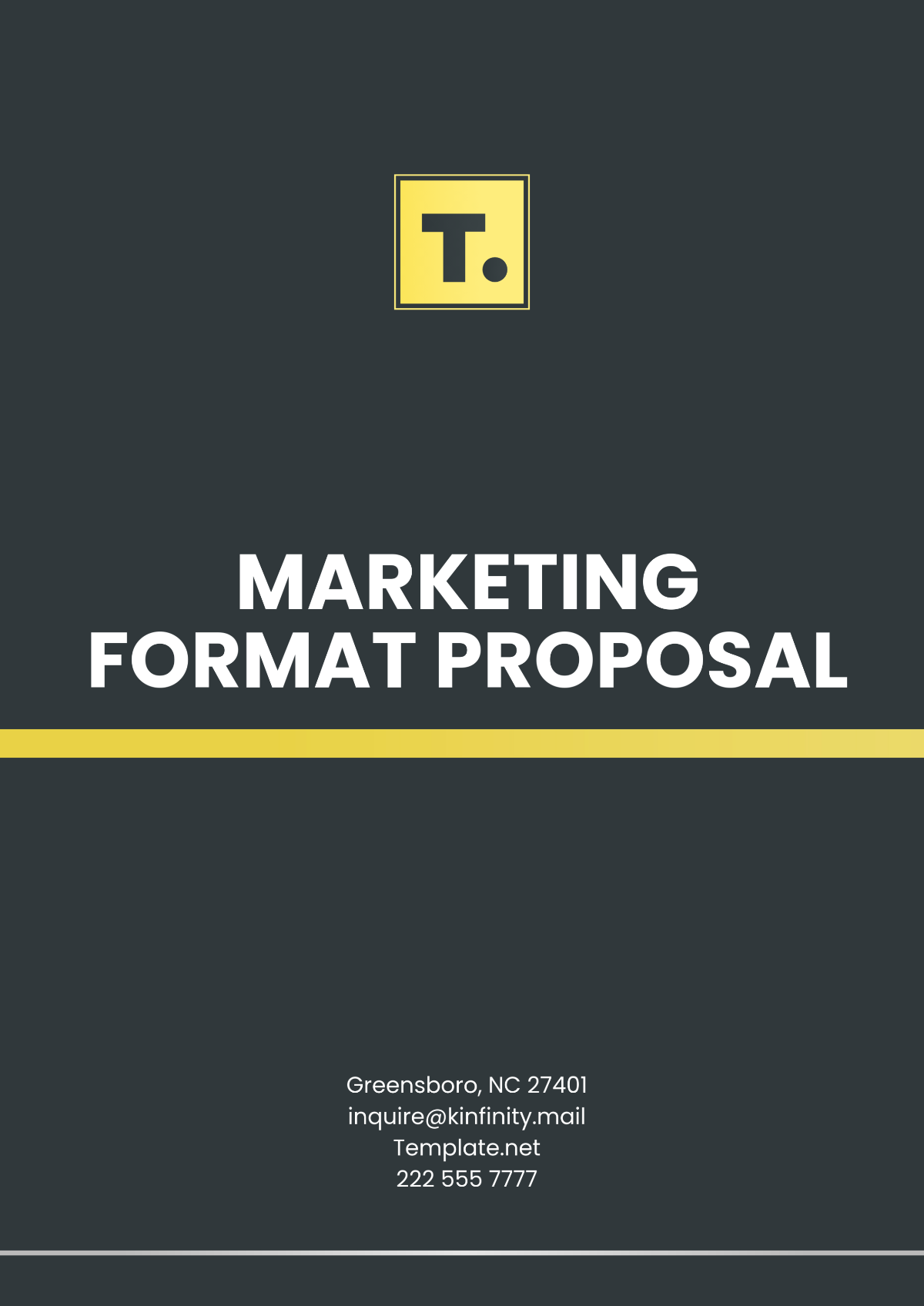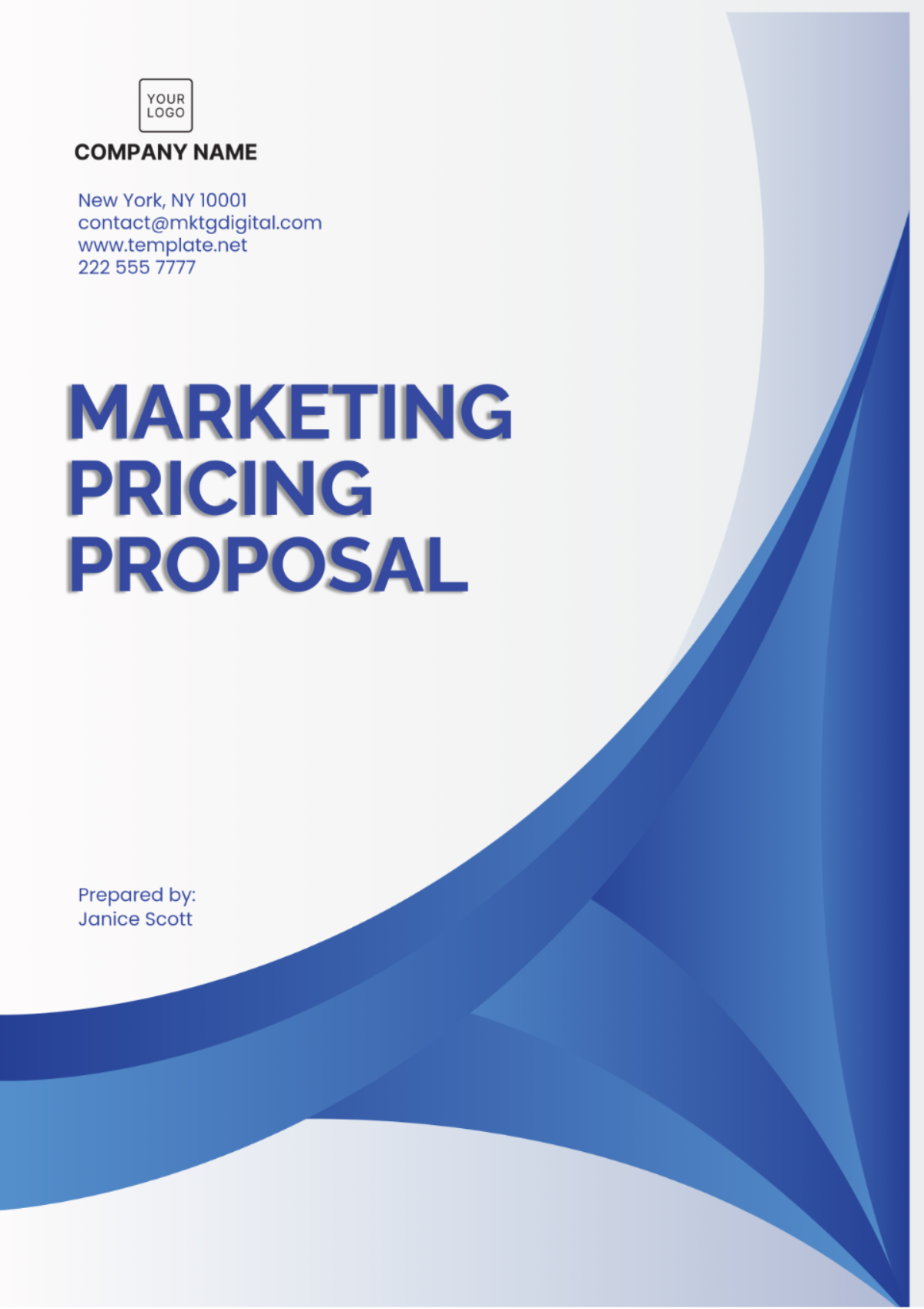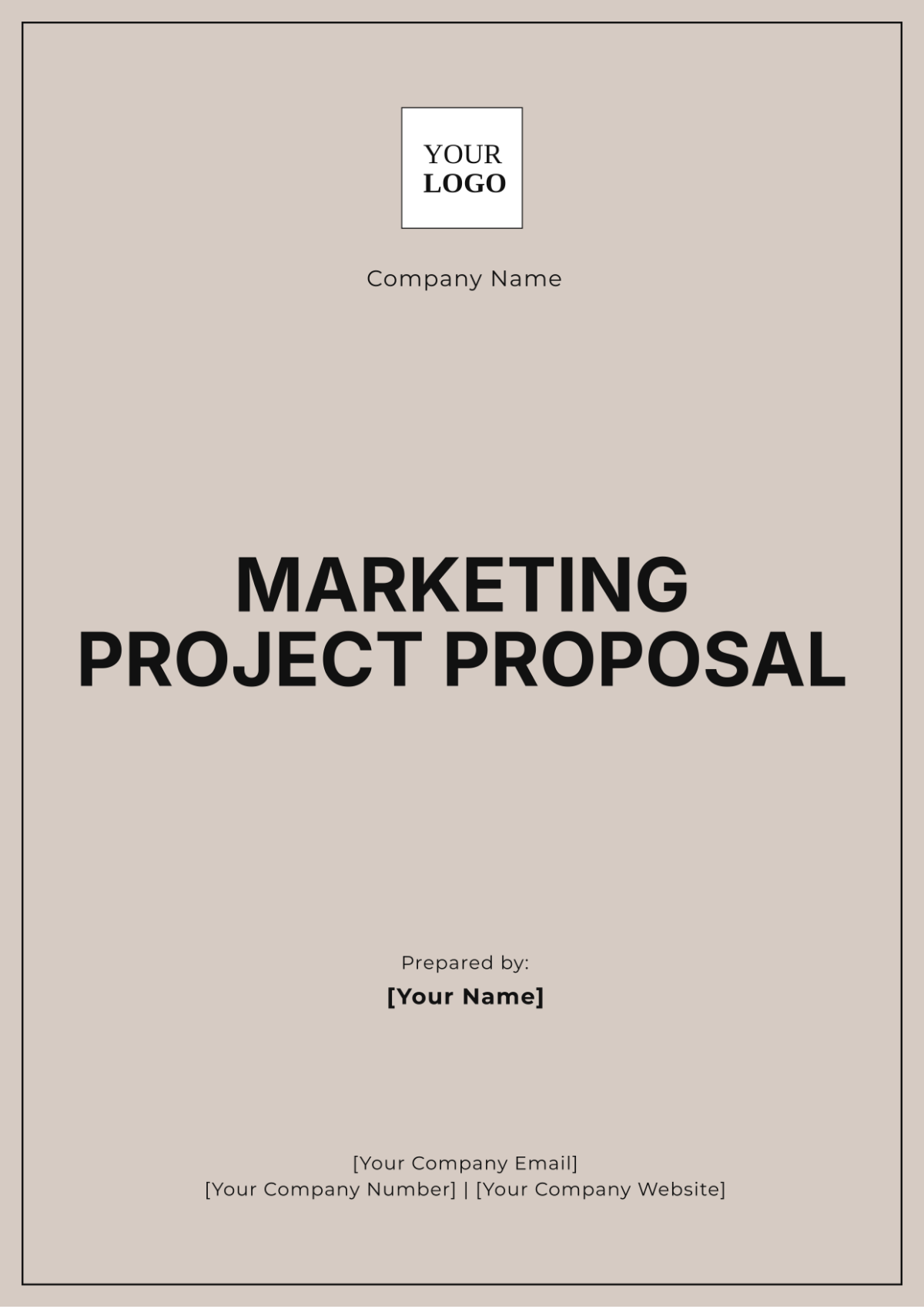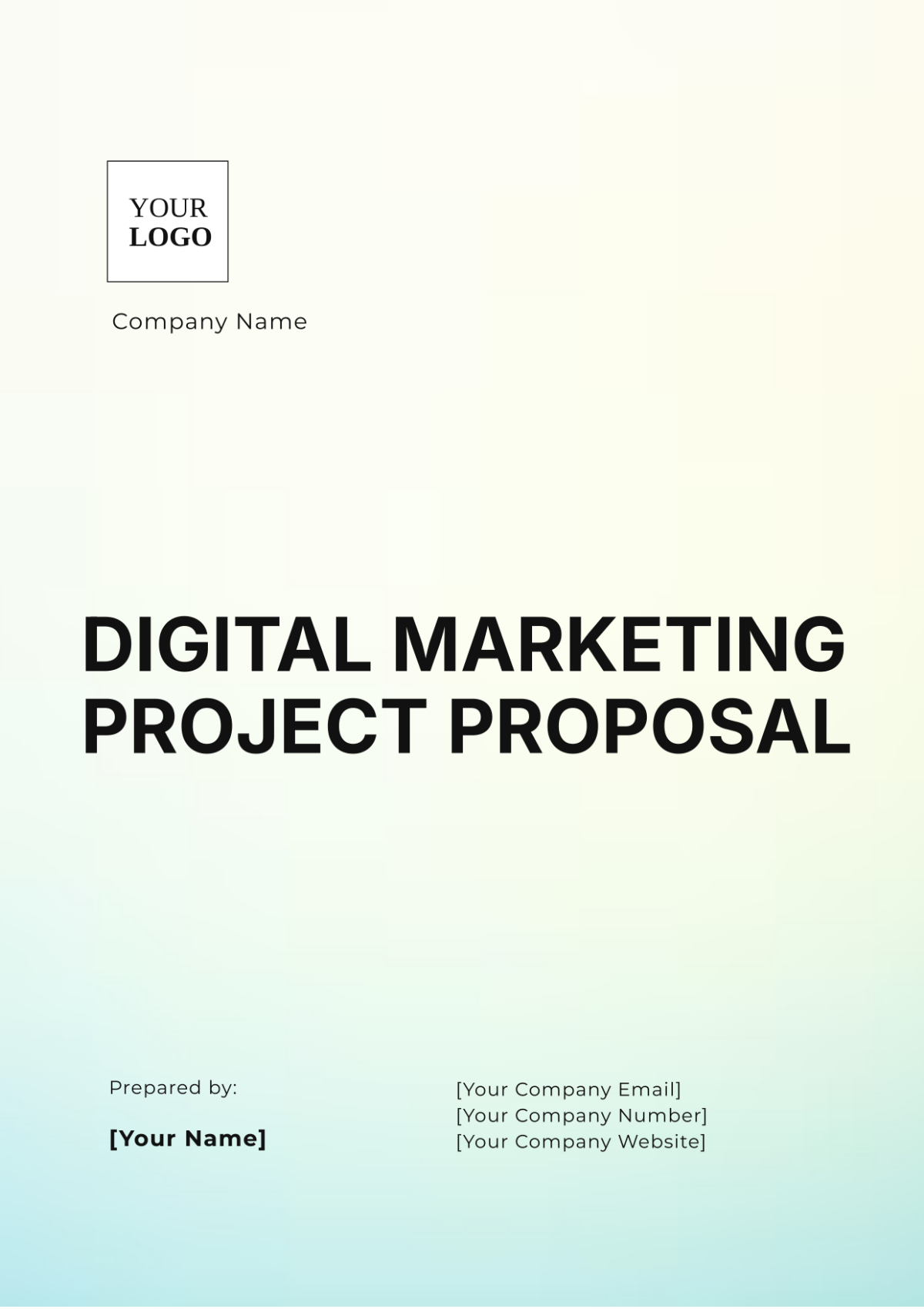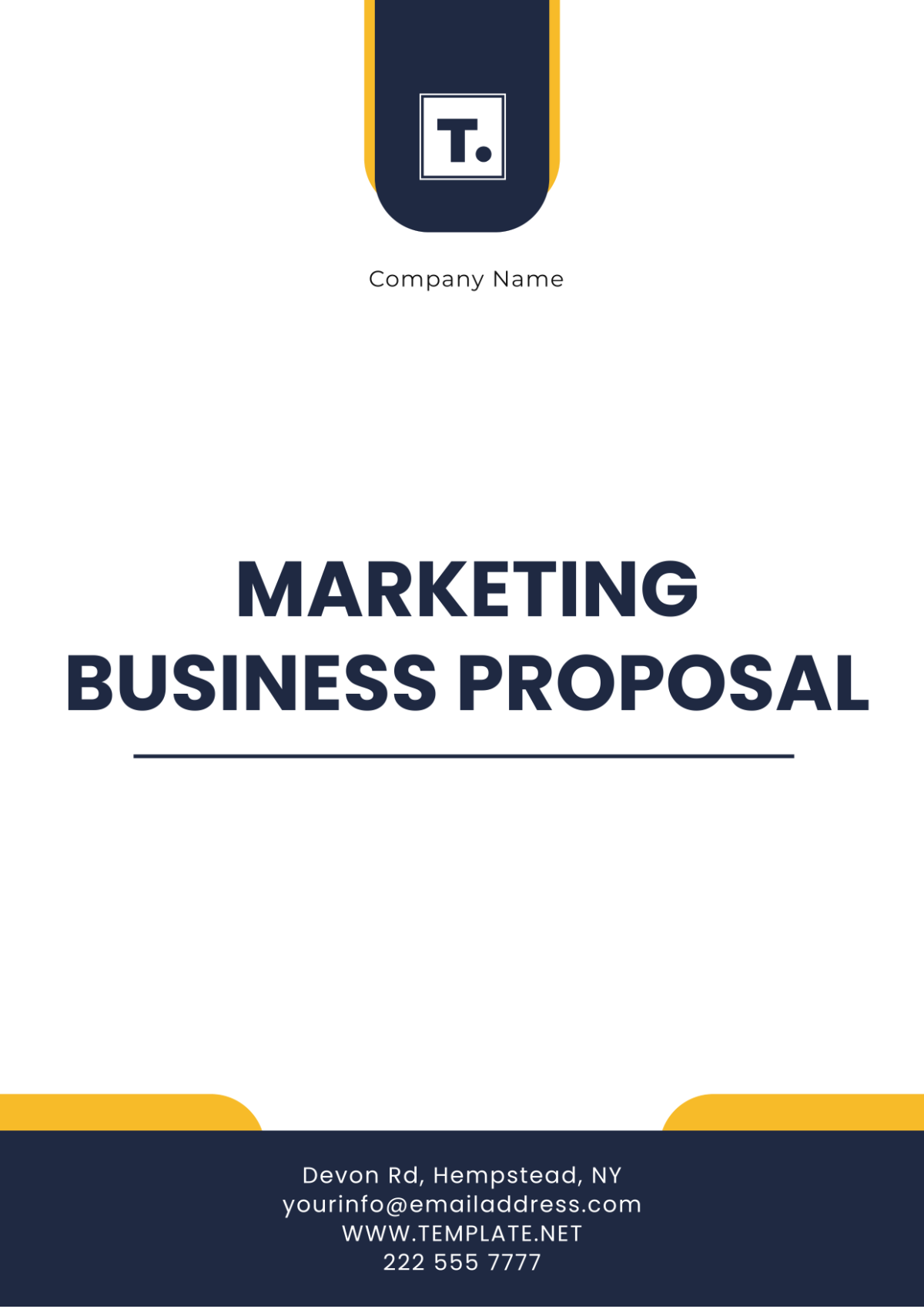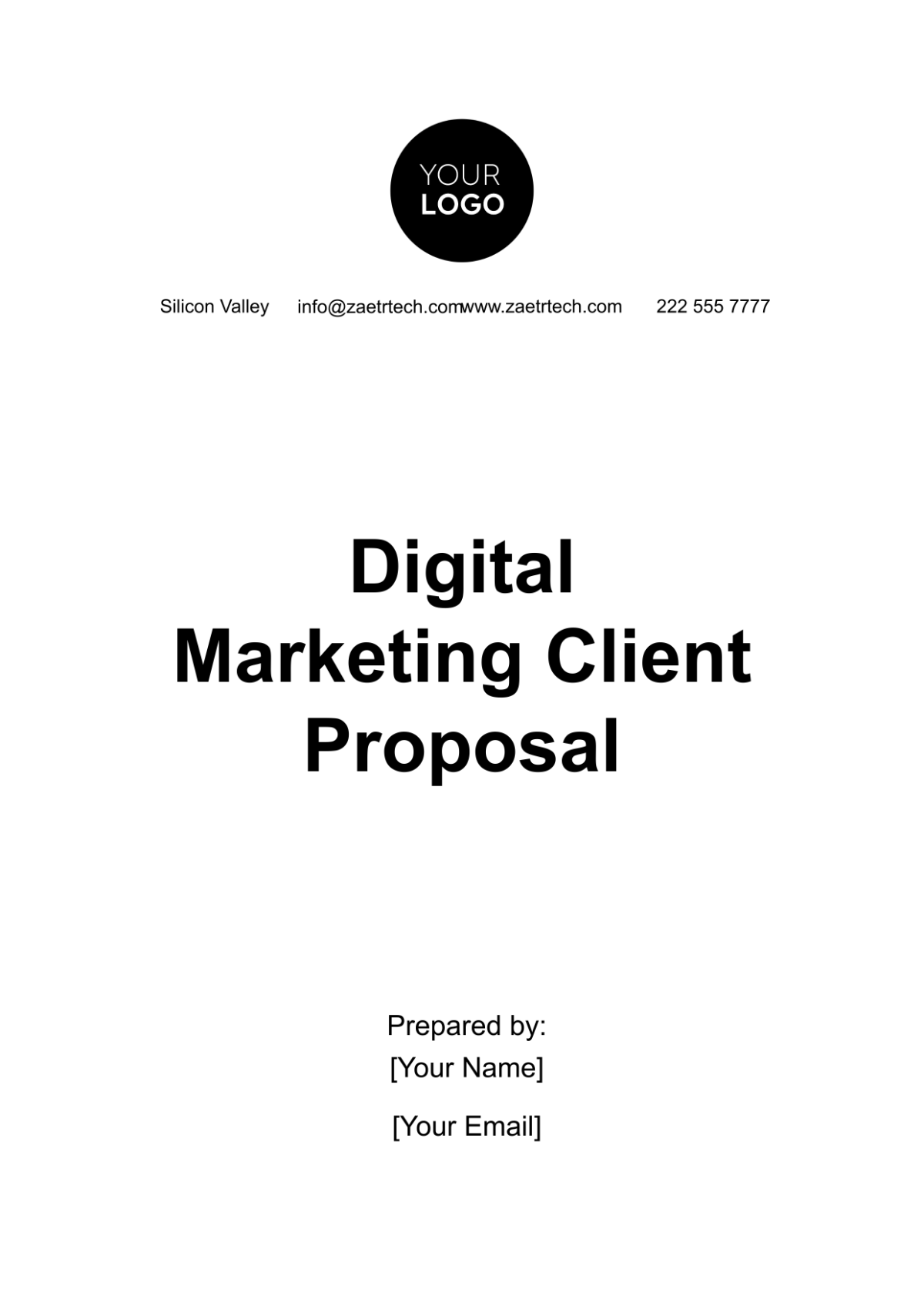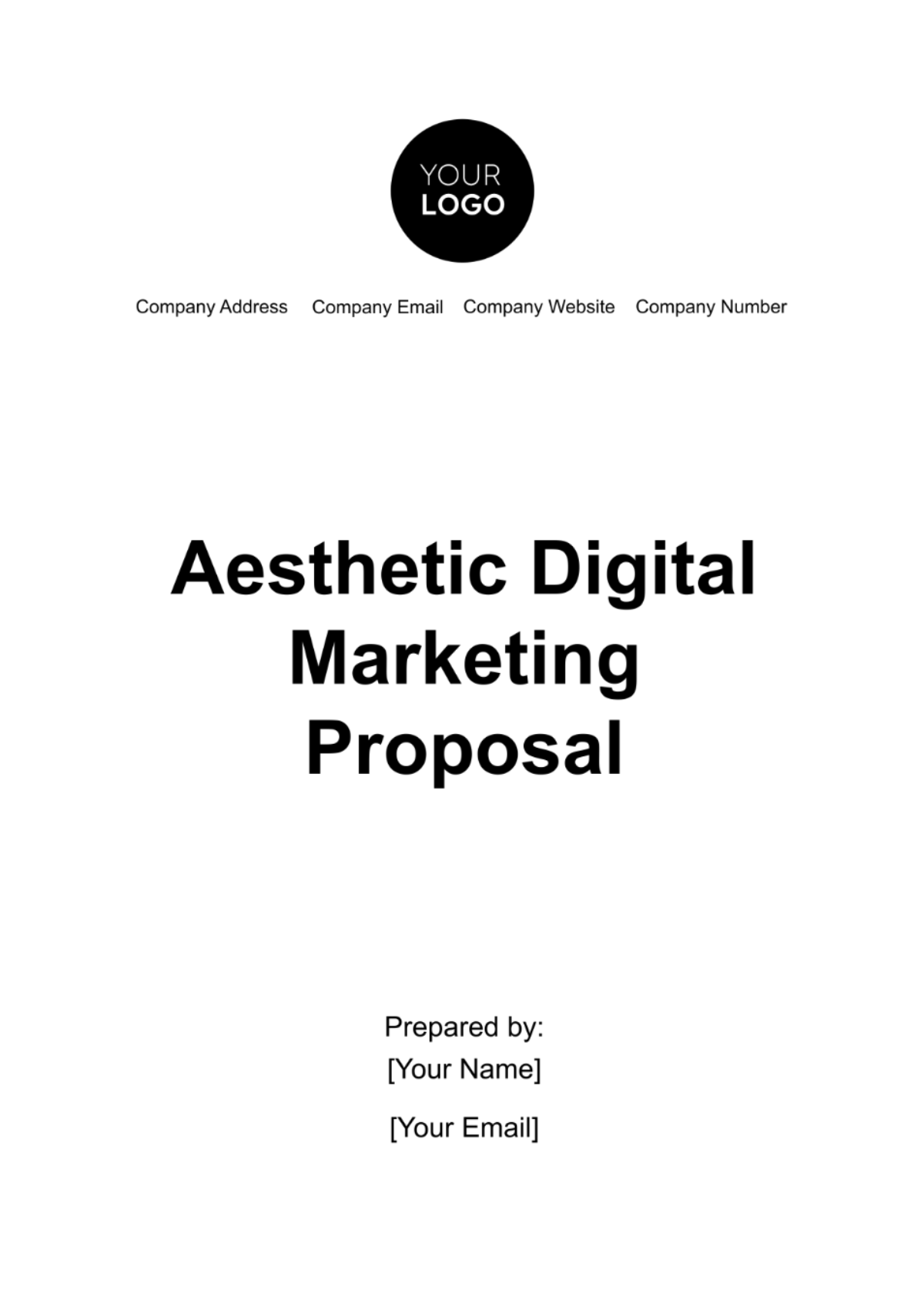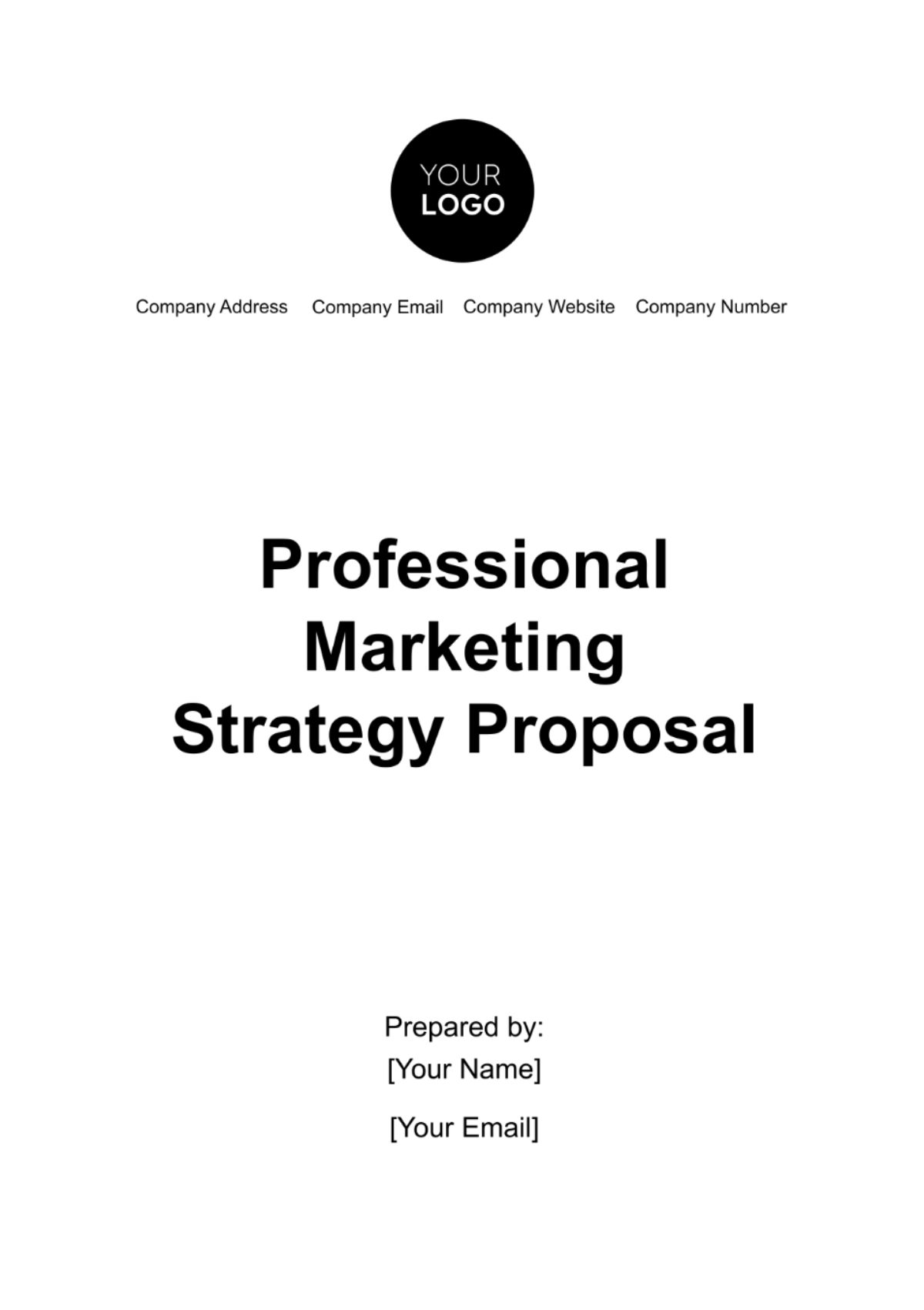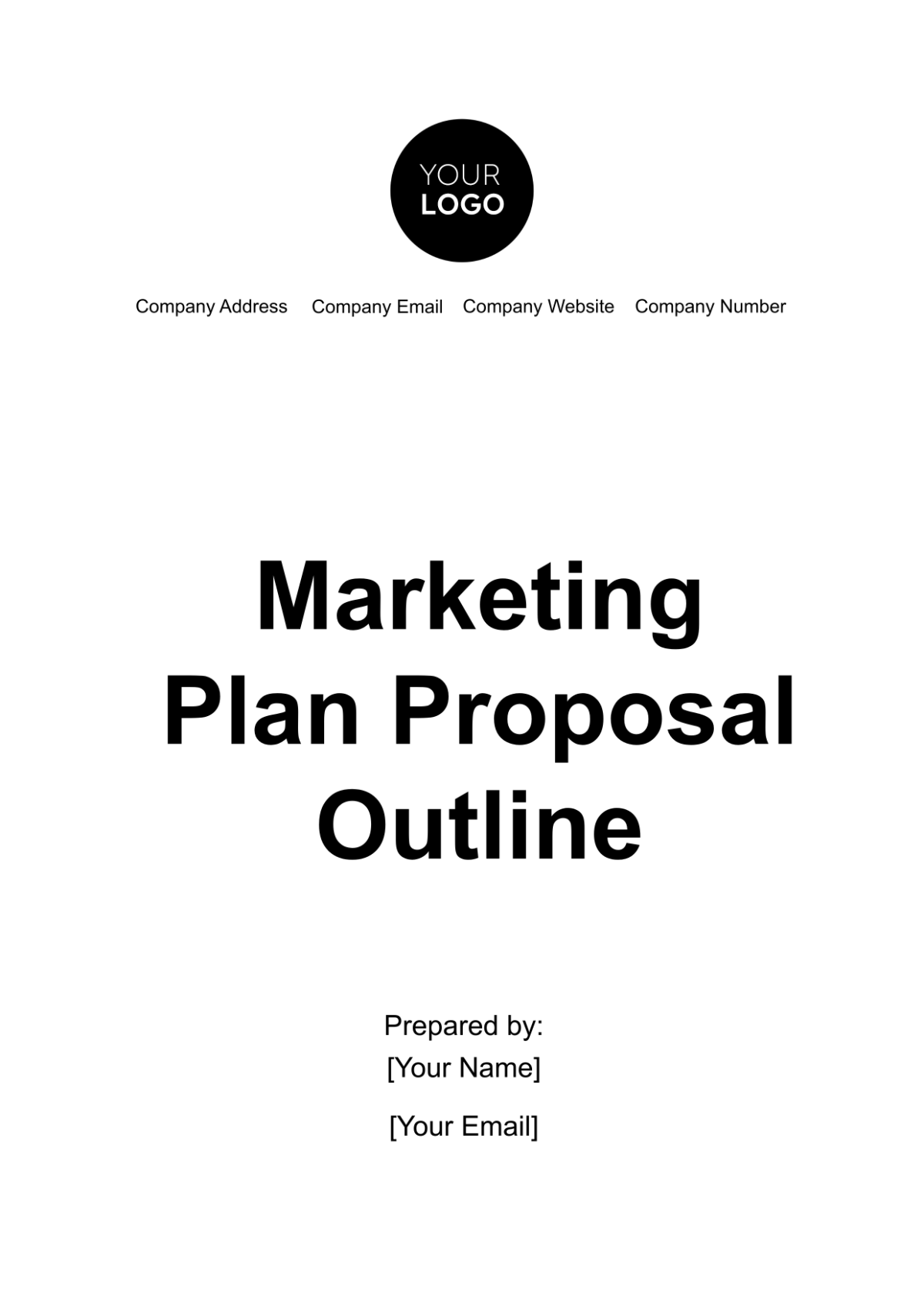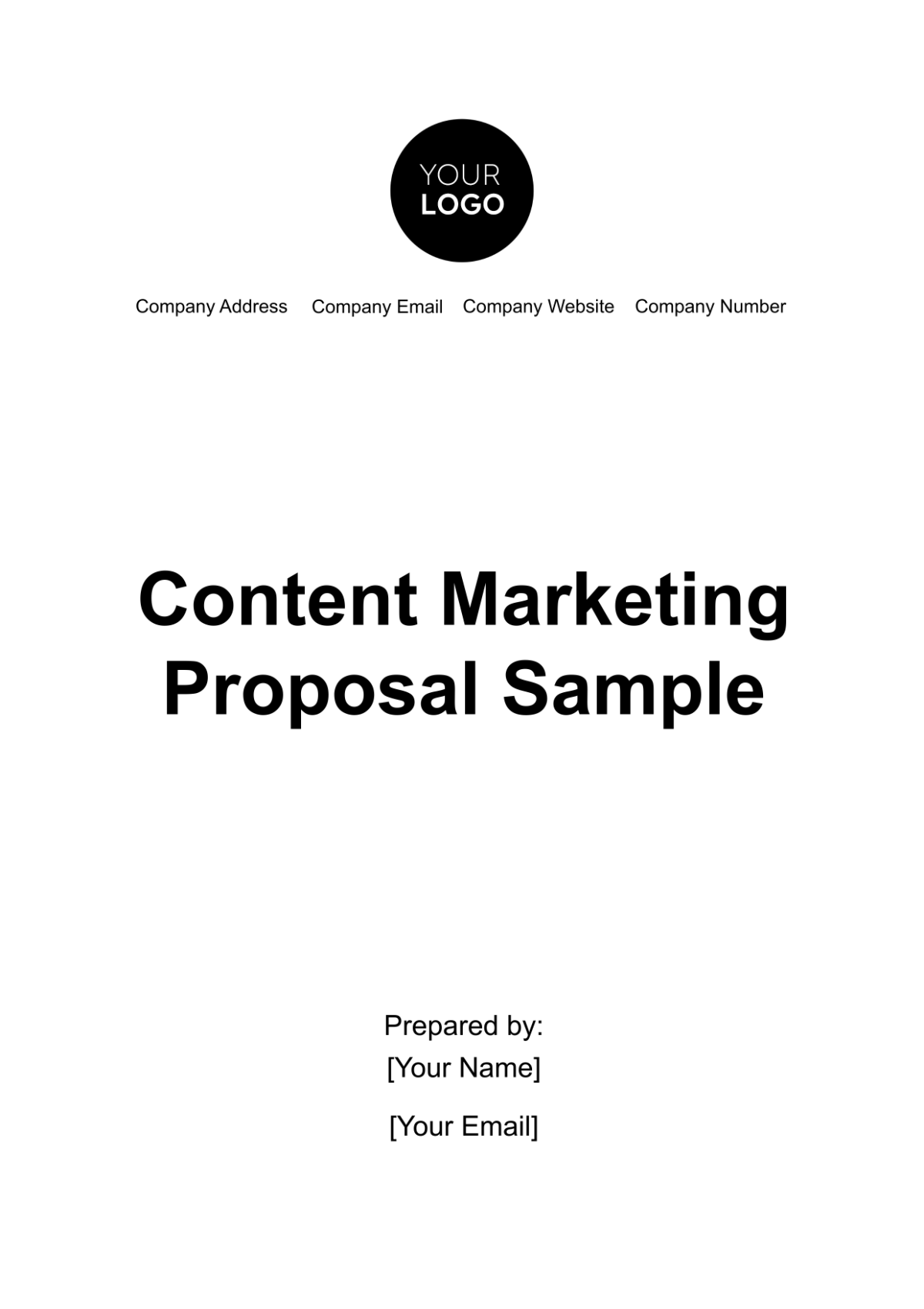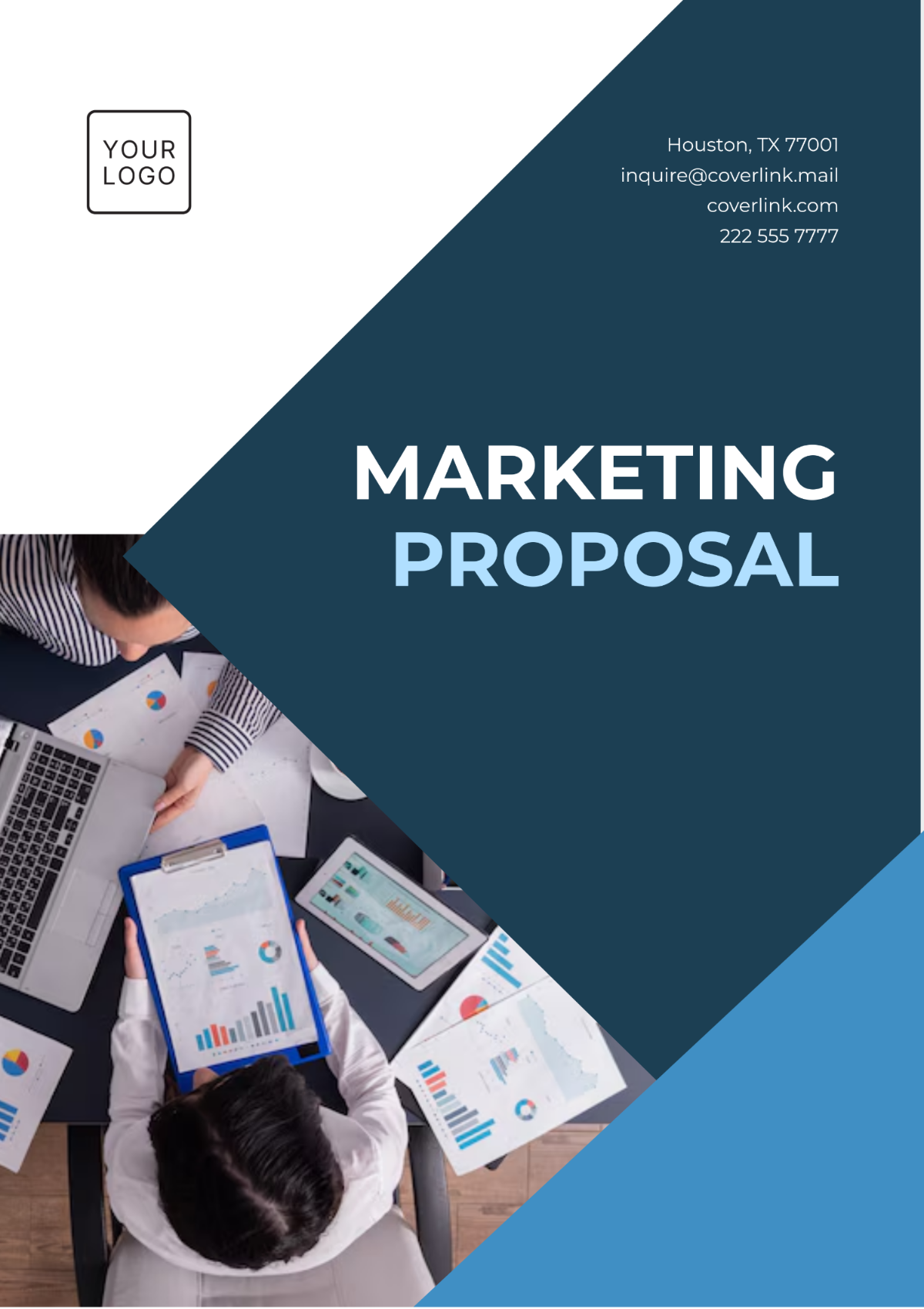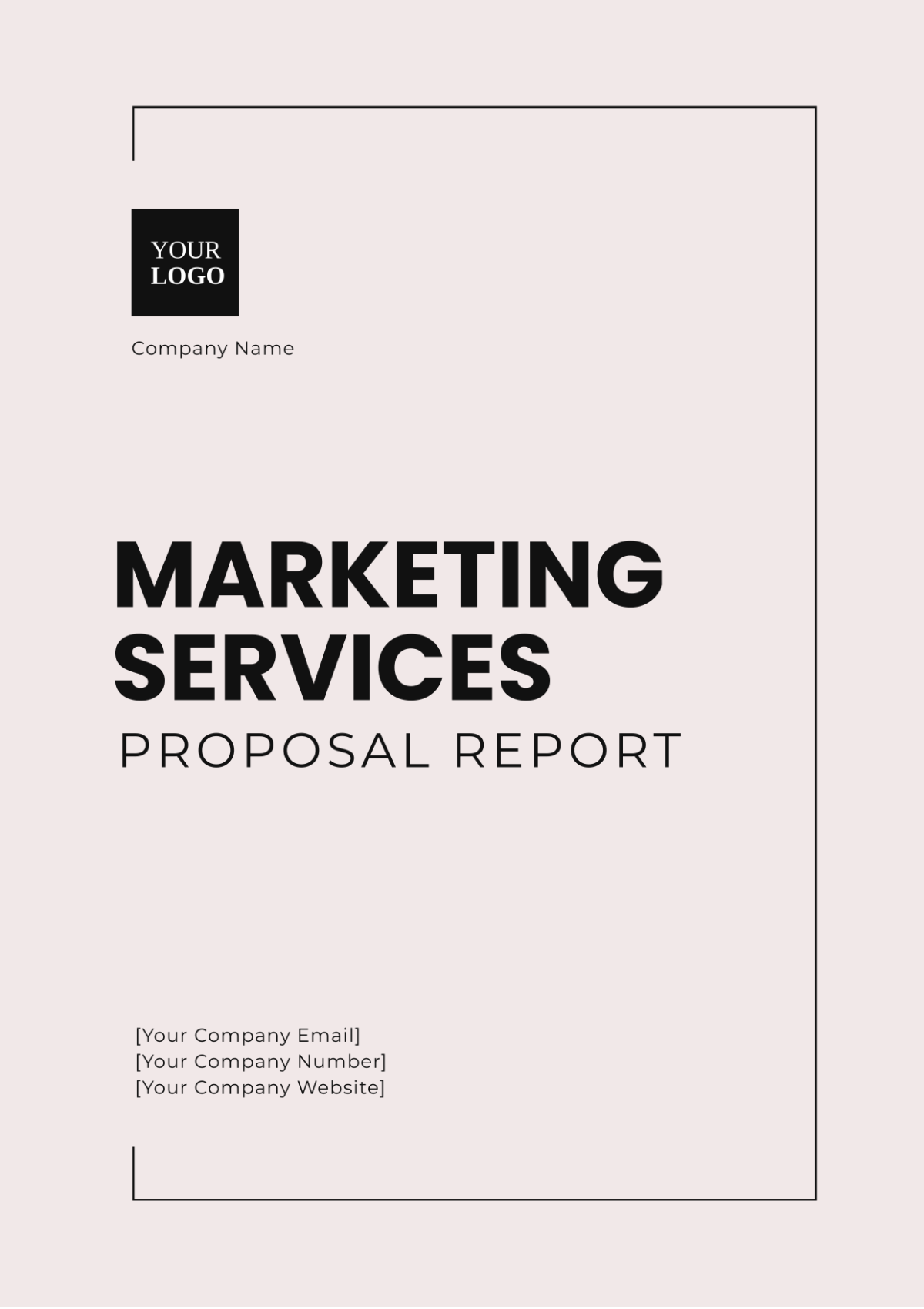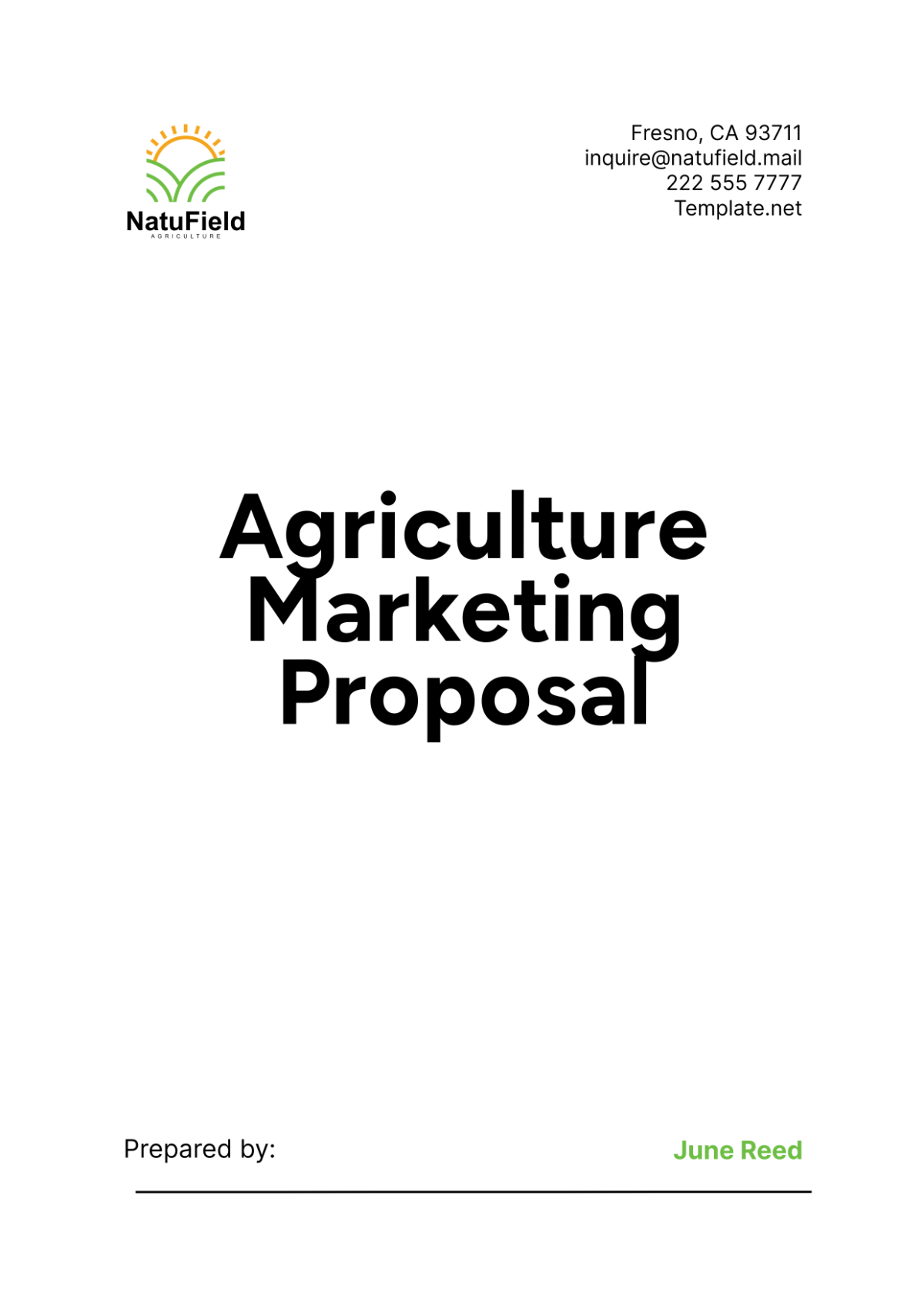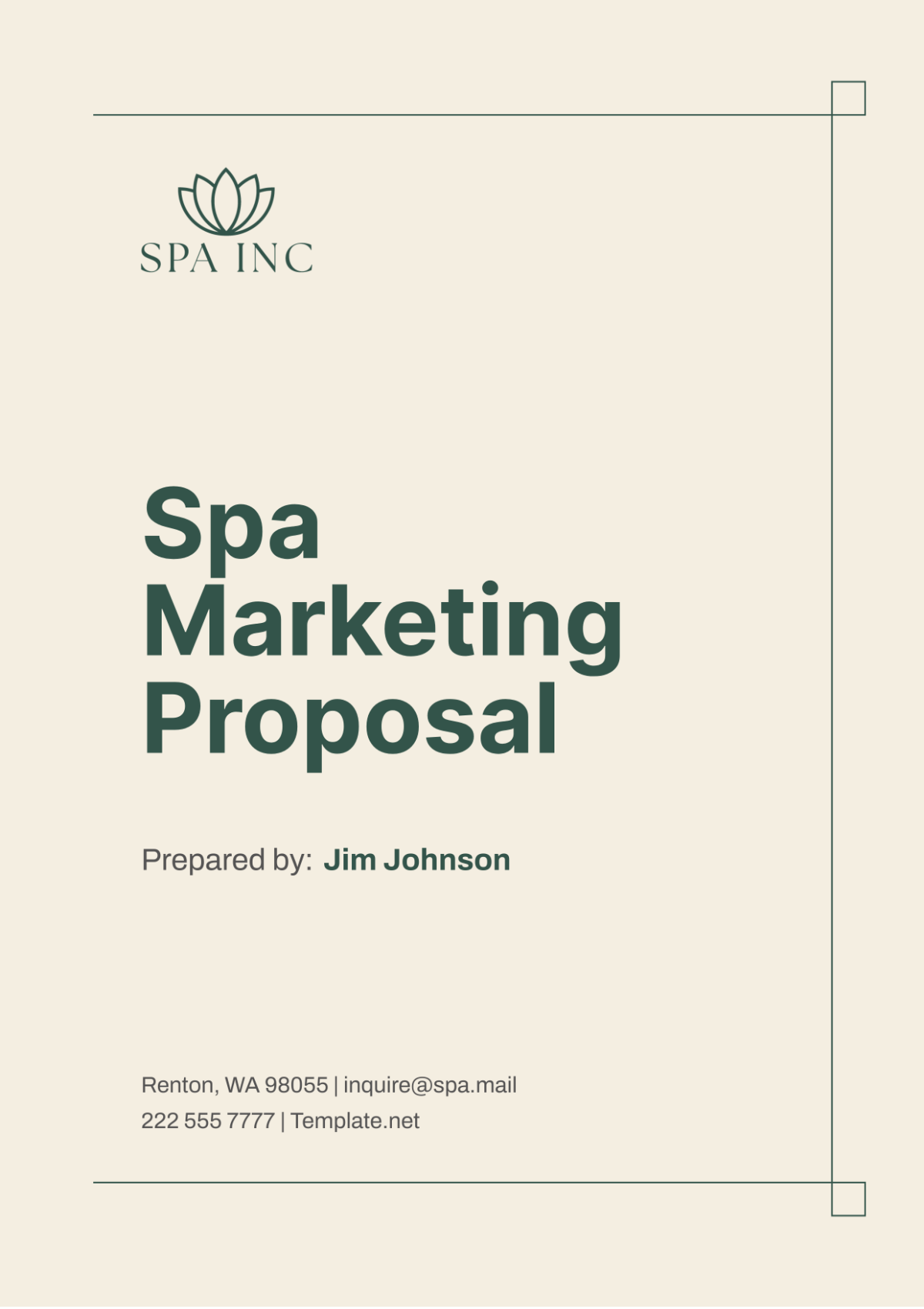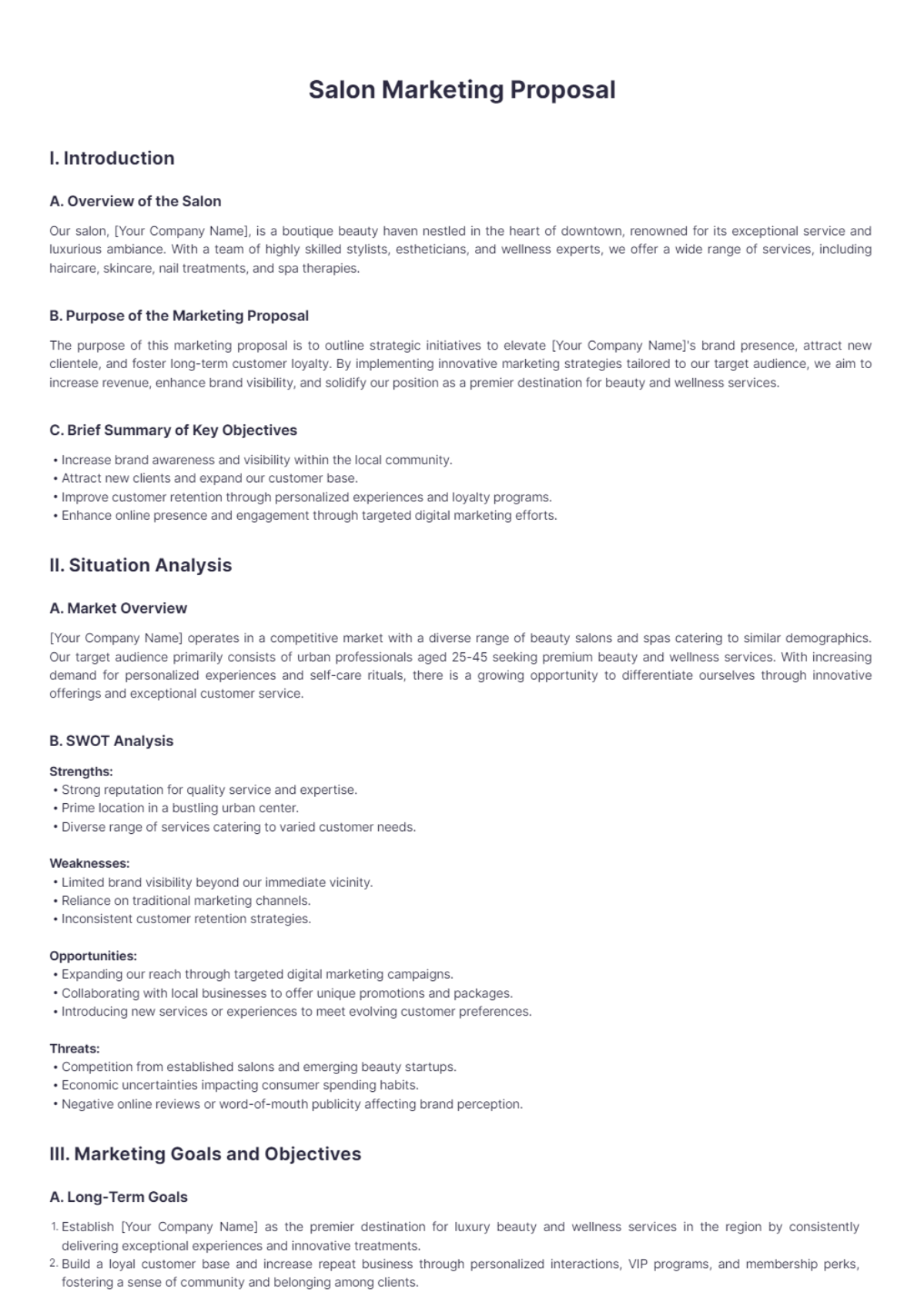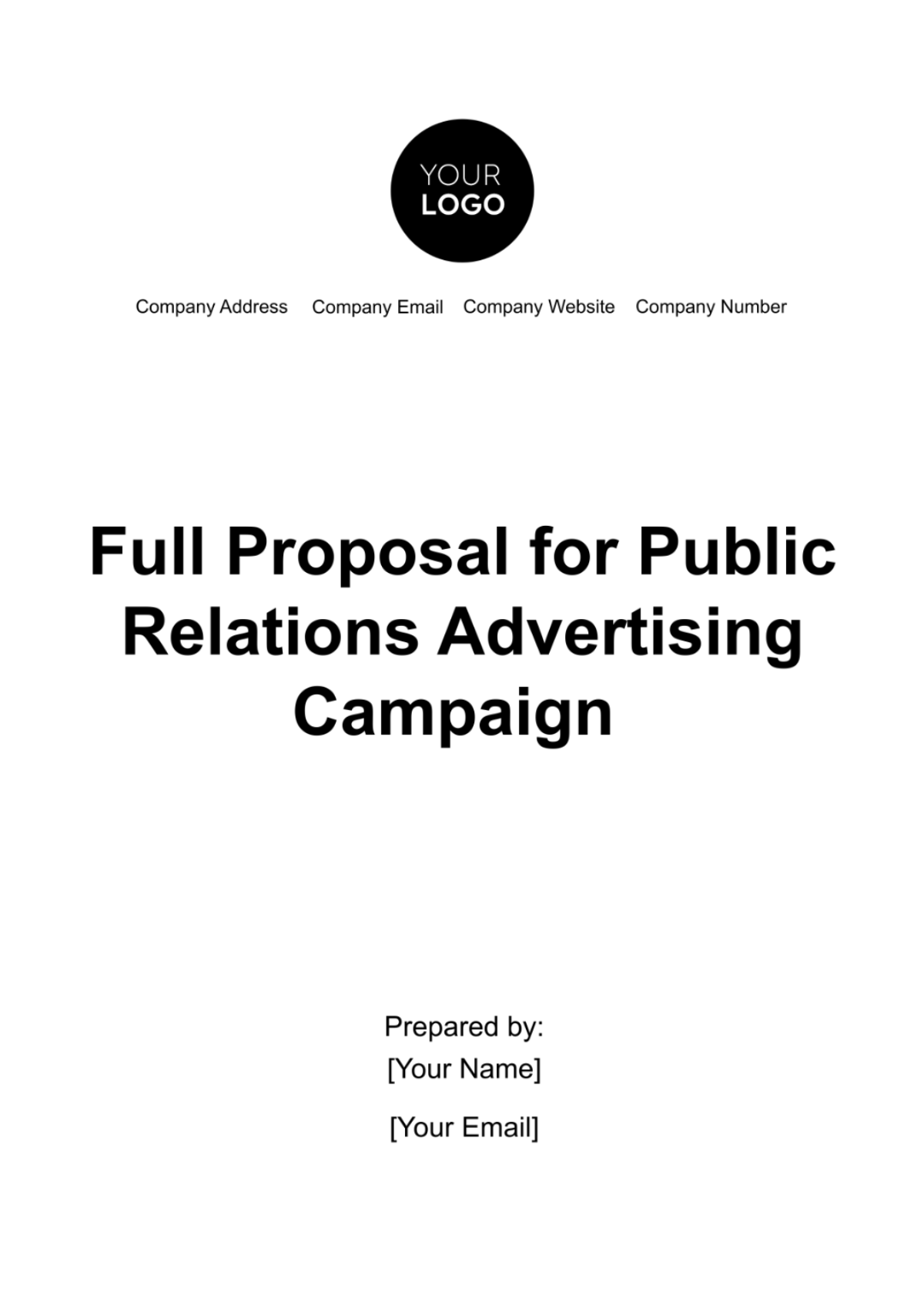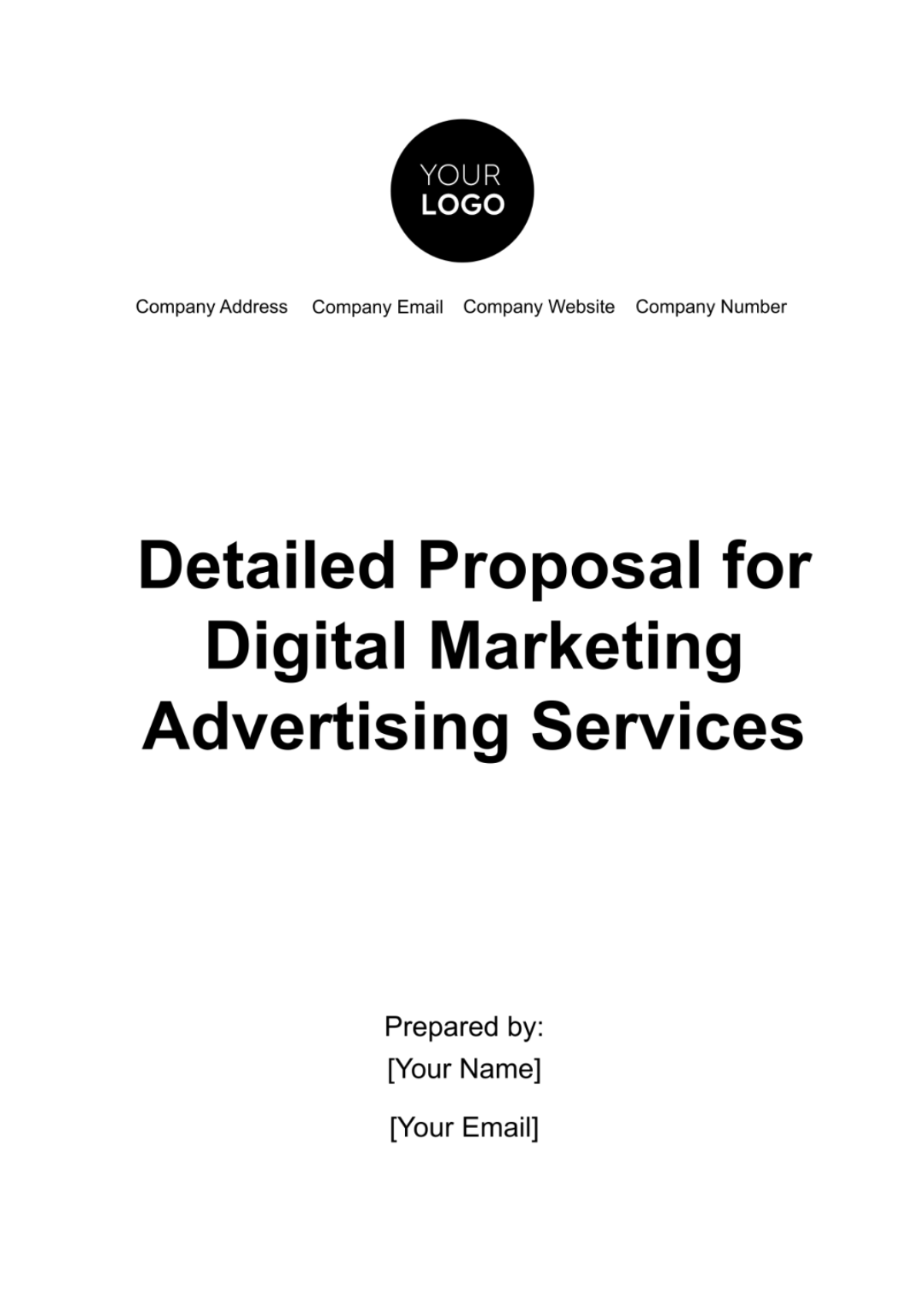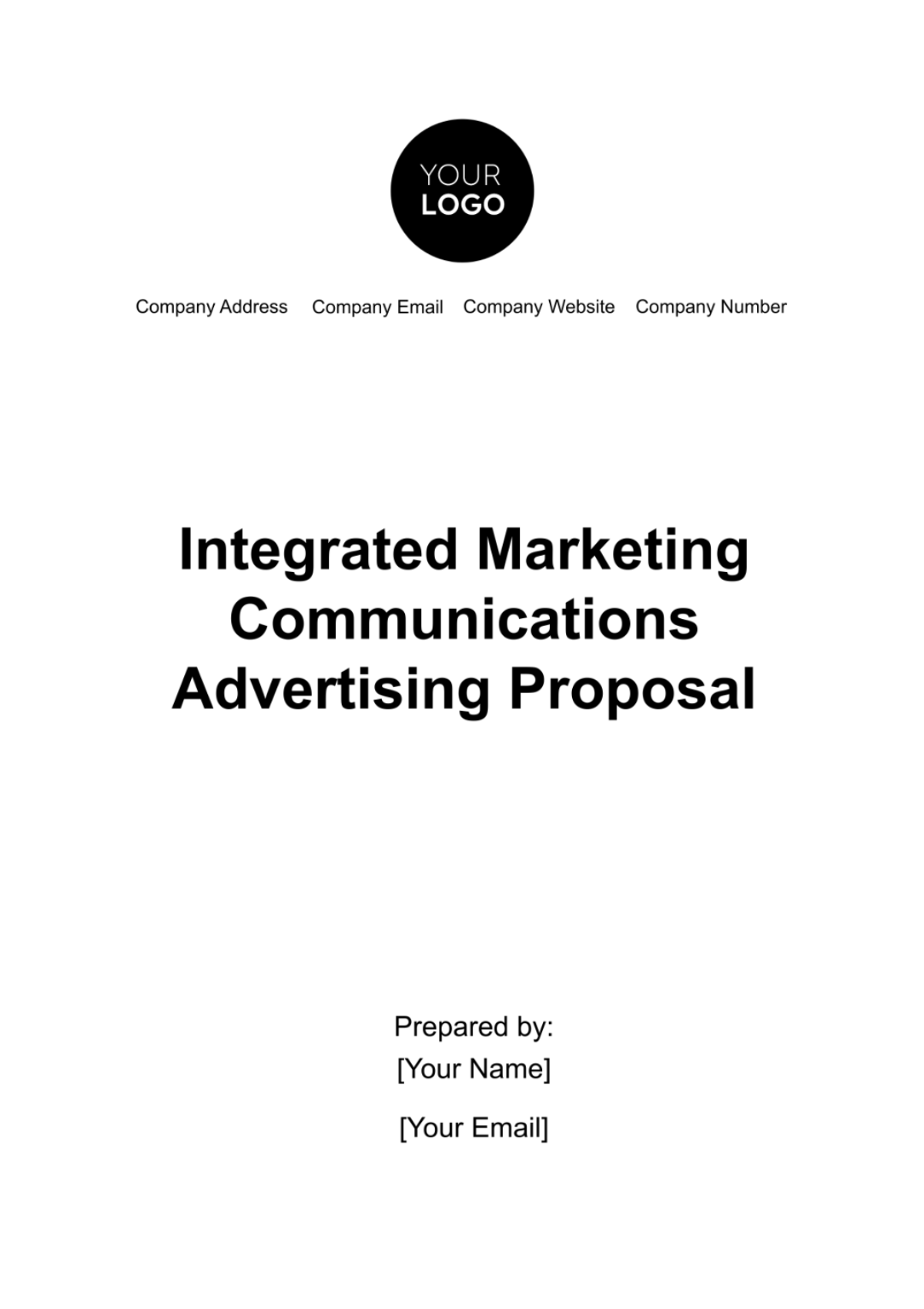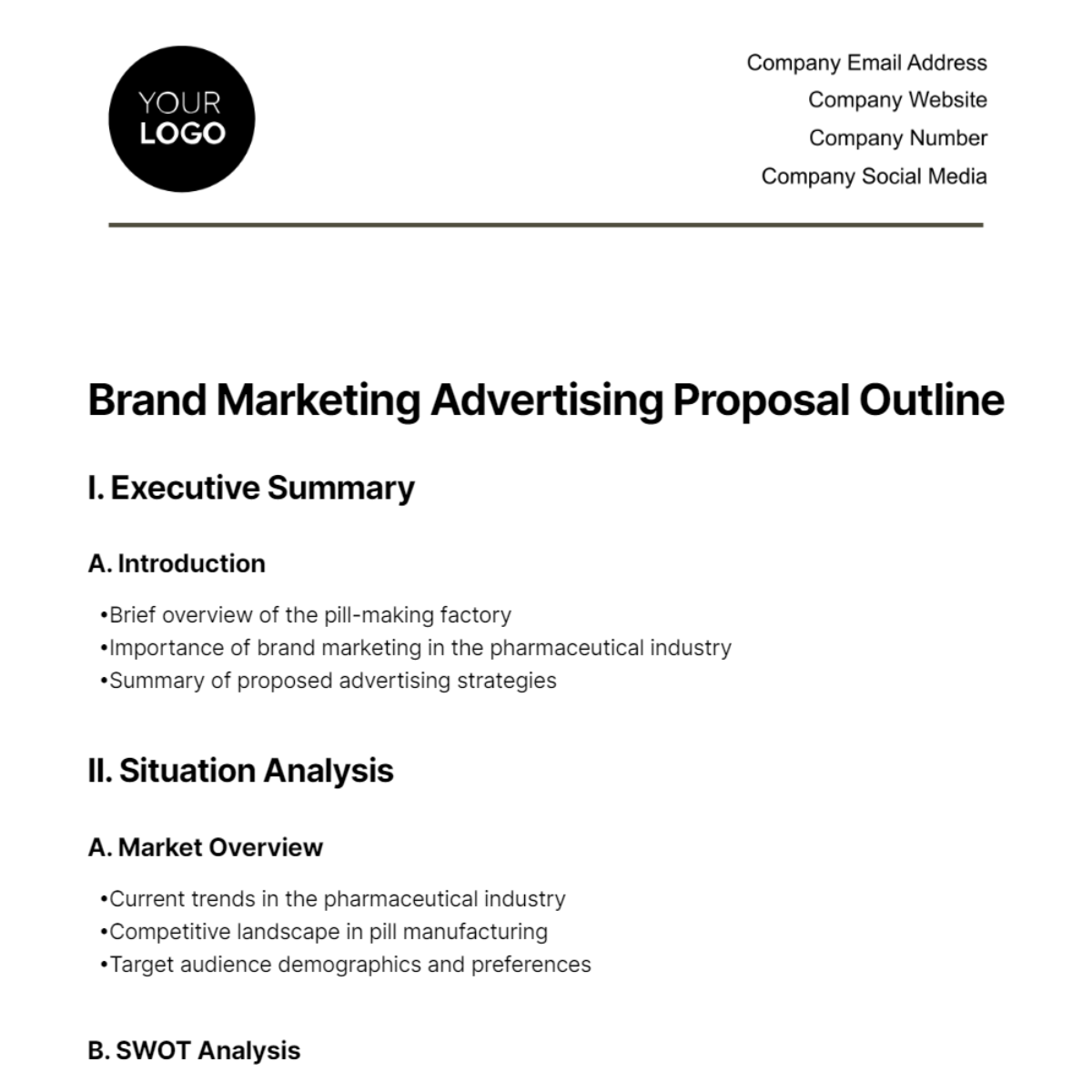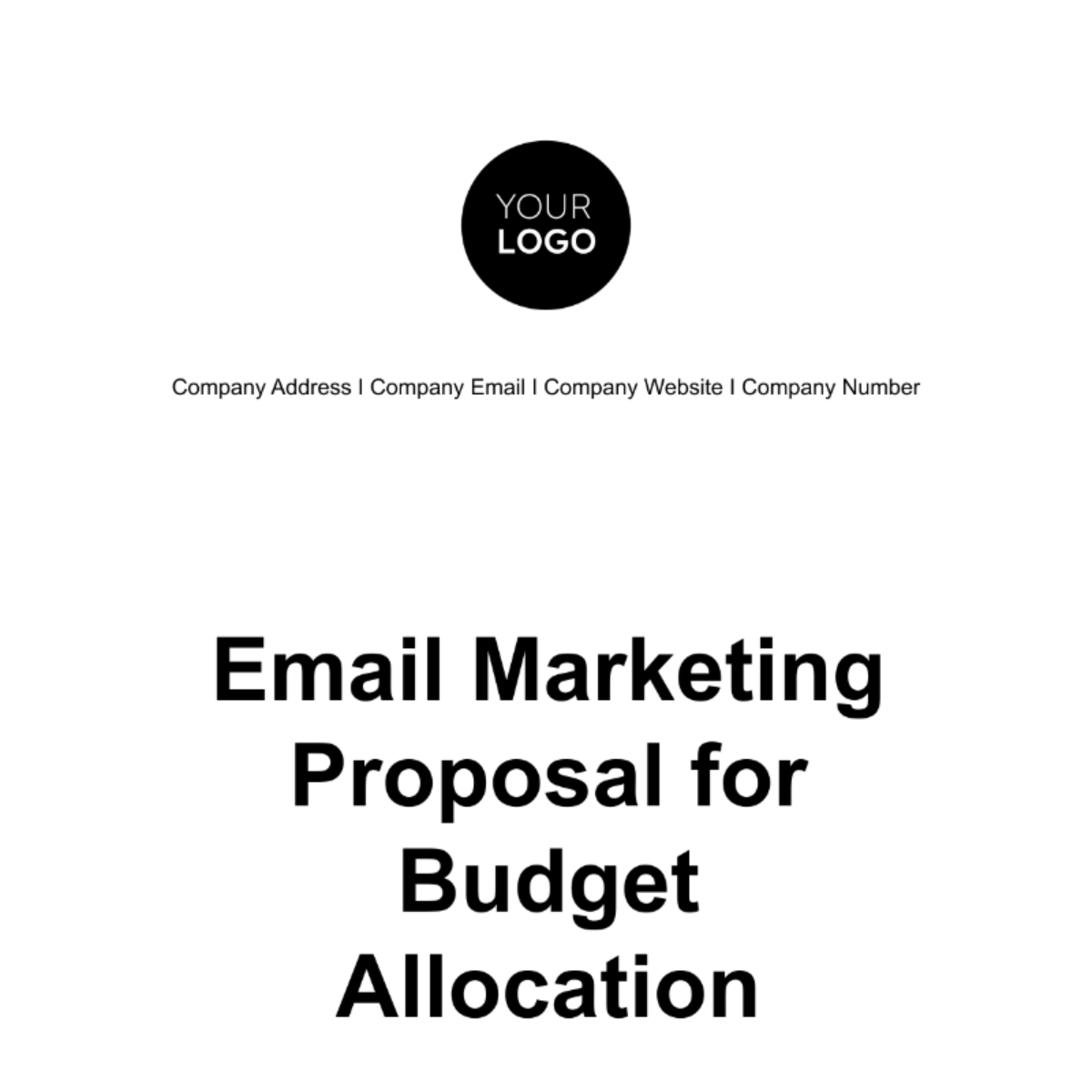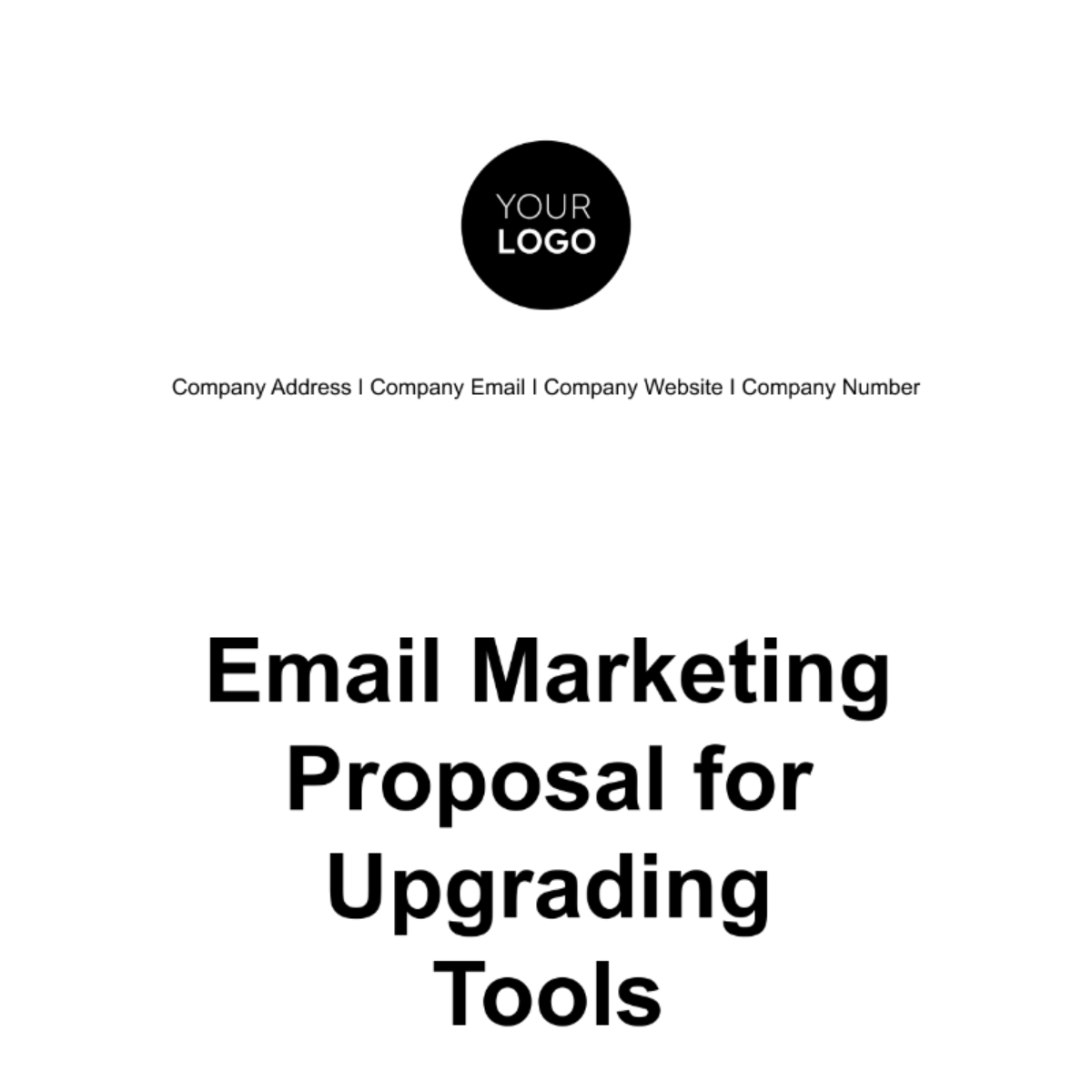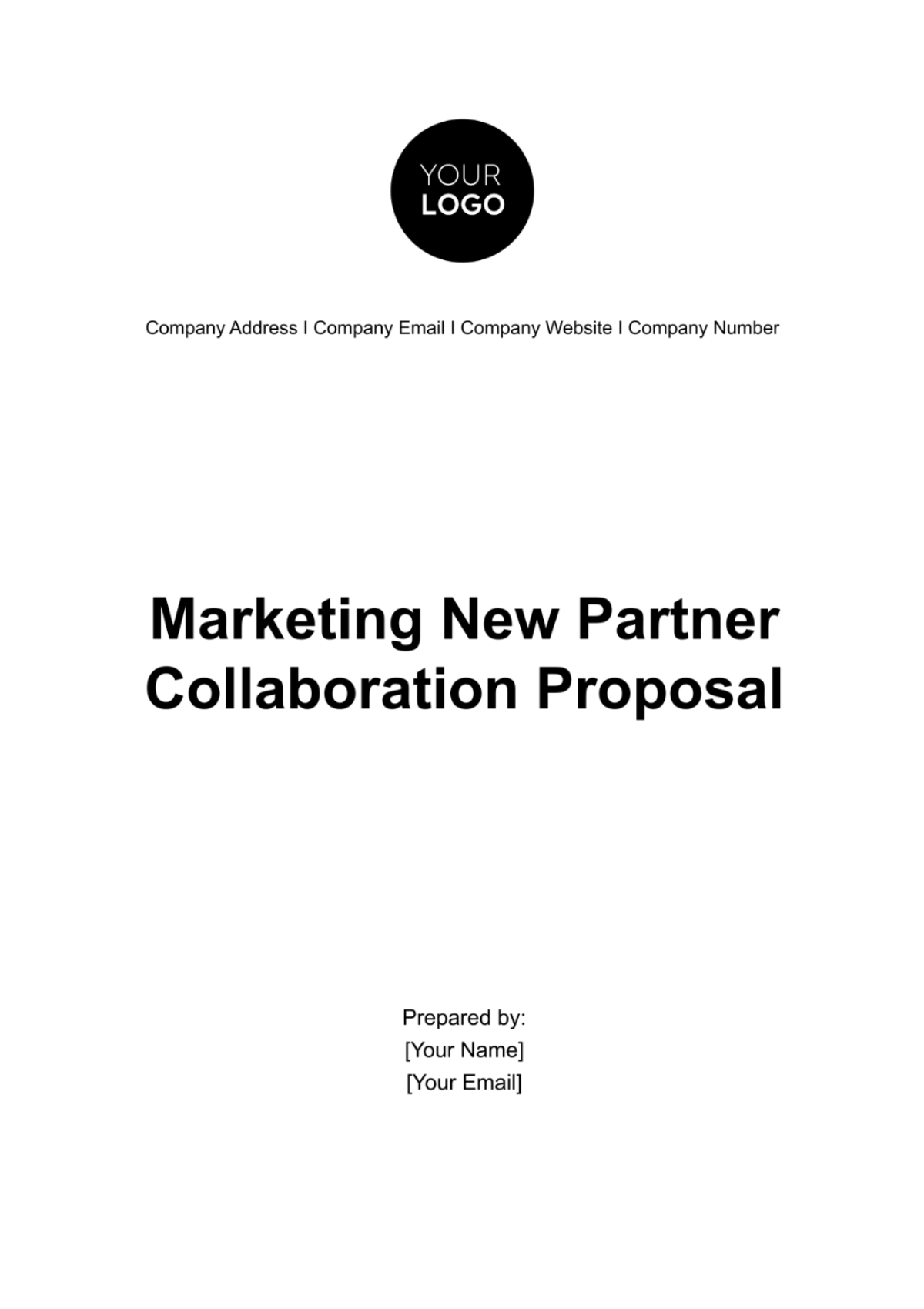Content Marketing Proposal Sample
I. Executive Summary
A. Overview of the Proposal
In today’s digital landscape, content marketing has emerged as a critical tool for businesses seeking to enhance brand visibility, engage target audiences, and drive conversions. This Content Marketing Proposal outlines a comprehensive strategy developed by [Your Company Name] to help [Client’s Company Name] achieve its marketing goals through the creation, distribution, and management of high-quality content. By focusing on content that resonates with your target audience, we aim to build a lasting relationship between your brand and its customers.
B. Objectives
The primary objectives of this proposal are to:
Enhance Brand Awareness: Position [Client’s Company Name] as an industry leader through the consistent delivery of valuable content.
Drive Website Traffic: Increase organic traffic to the company’s website through SEO-optimized content.
Engage Target Audience: Foster engagement by creating content that speaks directly to the needs and interests of your target audience.
Generate Leads and Conversions: Convert website visitors into leads and paying customers through strategically placed calls-to-action (CTAs) within the content.
C. Scope of Work
This proposal covers the full content marketing process, including strategy development, content creation, content distribution, performance analysis, and ongoing optimization. Our approach is data-driven, ensuring that every piece of content is designed to achieve measurable results.
II. Content Marketing Strategy
A. Market Research
1. Audience Analysis
Understanding your target audience is the cornerstone of effective content marketing. We will conduct comprehensive research to define your audience’s demographics, preferences, pain points, and buying behaviors. This analysis will include:
Demographic Profiling: Identifying the age, gender, income level, and geographic location of your target audience.
Psychographic Insights: Exploring the interests, values, and lifestyle choices of your audience to create content that resonates.
Behavioral Analysis: Studying how your audience interacts with content online, including their preferred channels, content formats, and engagement patterns.
2. Competitive Analysis
To gain a competitive edge, it is essential to understand what your competitors are doing in the content space. Our team will analyze the content strategies of your top competitors, including:
Content Topics and Themes: Identifying the key topics and themes your competitors are focusing on.
Content Formats: Reviewing the types of content (blogs, videos, infographics, etc.) that perform best in your industry.
Content Gaps: Uncovering areas where your competitors are lacking, providing opportunities for [Client’s Company Name] to fill those gaps and attract their audience.
B. Content Planning
1. Content Pillars and Themes
Content pillars are the foundational topics that align with your brand’s messaging and resonate with your target audience. We will develop 3-5 core content pillars that reflect your business objectives and audience interests. For each pillar, we will identify key themes that guide content creation.
2. Content Calendar
A well-organized content calendar is essential for maintaining consistency and ensuring timely content delivery. We will create a detailed content calendar that includes:
Content Titles and Topics: Specific topics to be covered, aligned with content pillars.
Content Formats: Types of content (e.g., blog posts, eBooks, videos, social media posts) planned for each topic.
Publishing Schedule: Timeline for content creation, review, and publication, ensuring a steady flow of content.
III. Content Creation
A. Content Development Process
Our content development process is designed to produce high-quality, engaging, and optimized content that resonates with your audience and achieves your marketing goals.
1. Ideation and Research
The content creation process begins with ideation and research. We will brainstorm content ideas based on the content pillars and themes identified in the planning phase. Each idea will be thoroughly researched to ensure that it is relevant, accurate, and valuable to your audience.
2. Content Writing and Design
Once ideas are approved, our team of writers and designers will create content that aligns with your brand voice and visual identity. This process includes:
SEO Optimization: Integrating targeted keywords to improve search engine rankings and drive organic traffic.
Engaging Writing: Crafting compelling narratives that capture the audience’s attention and encourage action.
Visual Design: Enhancing content with visuals, such as infographics, videos, and images, to improve engagement and shareability.
3. Content Review and Approval
All content undergoes a rigorous review process to ensure accuracy, quality, and alignment with your brand guidelines. After internal review, content will be submitted to [Client’s Company Name] for final approval before publication.
B. Content Formats
1. Blog Posts
Blog posts are a powerful tool for driving organic traffic and establishing your brand as a thought leader. We will create blog content that is informative, engaging, and optimized for SEO. Each post will address a specific pain point or interest of your audience, offering actionable insights or solutions.
2. Ebooks and Whitepapers
Ebooks and whitepapers allow for more in-depth exploration of topics relevant to your audience. These long-form content pieces will be used to generate leads by offering them in exchange for contact information.
3. Social Media Content
Social media platforms offer an excellent opportunity to engage with your audience in real-time. We will develop content tailored to each platform, whether it’s quick tips on Twitter, visually compelling posts on Instagram, or thought-provoking discussions on LinkedIn.
IV. Content Distribution
A. Organic Distribution Channels
1. SEO and Website Optimization
To ensure your content reaches the right audience, we will optimize it for search engines. This involves:
On-Page SEO: Ensuring that your content includes relevant keywords, meta descriptions, and alt text for images.
Technical SEO: Improving site speed, mobile responsiveness, and user experience to enhance search engine rankings.
Internal Linking: Creating a network of links within your content that guides users to related articles, enhancing both SEO and user experience.
2. Social Media Platforms
Leveraging social media is crucial for amplifying your content’s reach. We will develop a social media strategy that includes:
Platform Selection: Identifying the most effective platforms based on where your target audience is most active.
Content Scheduling: Regularly posting content at optimal times to maximize engagement.
Community Engagement: Actively engaging with your audience through comments, likes, shares, and direct messages to build relationships and foster loyalty.
B. Paid Distribution Channels
1. Paid Search and Display Ads
Paid search and display ads offer a quick way to get your content in front of a larger audience. We will design and manage paid campaigns that drive traffic to your website and content.
2. Sponsored Content and Native Advertising
Sponsored content and native advertising blend seamlessly with the user experience on third-party platforms, making them effective for promoting your content. We will identify reputable publishers and platforms to host your sponsored content, ensuring it reaches a highly relevant audience.
3. Influencer Partnerships
Collaborating with influencers can significantly expand your content’s reach. We will identify key influencers in your industry and develop partnerships that allow your content to be shared with their followers, increasing visibility and credibility.
V. Performance Measurement and Optimization
A. Key Performance Indicators (KPIs)
1. Traffic Metrics
We will track various traffic metrics to measure the success of the content marketing strategy. These metrics include:
Organic Traffic: The number of visitors who find your content through search engines.
Referral Traffic: Visitors who arrive at your content from external links on other websites.
Social Traffic: The volume of traffic driven to your content from social media platforms.
2. Engagement Metrics
Engagement metrics help assess how well your content resonates with your audience. These include:
Time on Page: The average amount of time visitors spend on your content pages.
Bounce Rate: The percentage of visitors who leave after viewing only one page.
Social Shares and Comments: The level of interaction your content receives on social media.
3. Conversion Metrics
Ultimately, the success of content marketing is measured by its impact on your bottom line. Conversion metrics include:
Lead Generation: The number of leads captured through content offers such as ebooks, whitepapers, or webinars.
Conversion Rate: The percentage of visitors who take a desired action, such as signing up for a newsletter or making a purchase.
Return on Investment (ROI): The overall financial return from your content marketing efforts compared to the costs.
B. Ongoing Optimization
Content marketing is an iterative process that requires continuous optimization to remain effective. We will conduct regular reviews of content performance and make data-driven adjustments to improve outcomes. This includes:
A/B Testing: Testing different content formats, headlines, and CTAs to determine what resonates best with your audience.
Content Refreshing: Updating older content to ensure it remains relevant and valuable to your audience.
Strategy Refinement: Adjusting the content marketing strategy based on performance data, industry trends, and audience feedback.
VI. Project Timeline and Milestones
A. Initial Phase: Research and Strategy Development (Weeks 1-4)
The initial phase of the project focuses on research and strategy development. Key activities include:
Audience and Competitive Research: Conducting in-depth research to inform the content strategy.
Strategy Workshop: Collaboratingwith [Client’s Company Name] to refine and finalize the content marketing strategy.
Content Calendar Development: Creating a detailed content calendar outlining topics, formats, and publishing dates for the first quarter.
B. Content Creation and Distribution (Weeks 5-16)
During this phase, the focus will shift to the creation and distribution of content according to the strategy and calendar. Key milestones include:
Content Ideation and Approval: Generating ideas, conducting research, and getting client approval for the content topics.
Content Writing and Design: Developing content in various formats, ensuring alignment with brand guidelines and SEO best practices.
Content Review and Revisions: Performing internal reviews, revising content as needed, and securing final client approval.
Content Publishing: Posting content on designated channels, following the content calendar’s schedule.
Content Distribution and Promotion: Amplifying content reach through social media, email newsletters, and paid distribution channels.
C. Performance Analysis and Optimization (Weeks 17-24)
The final phase involves analyzing the performance of the content marketing efforts and making necessary adjustments to optimize results. Key milestones include:
Performance Review Meeting: Conducting a meeting to review content performance metrics, including traffic, engagement, and conversions.
Optimization Recommendations: Presenting data-driven recommendations to enhance content strategy, distribution, and engagement.
Ongoing Content Refreshing: Identifying high-performing content for updates and optimizing underperforming pieces.
Strategy Refinement for the Next Quarter: Revising the content strategy based on insights gathered during the performance review.
VII. Budget and Resources
A. Budget Breakdown
The budget for the content marketing proposal includes all associated costs, from strategy development to content creation and distribution. A detailed budget breakdown will be provided, covering:
Strategy Development: Costs associated with audience research, competitive analysis, and strategy formulation.
Content Creation: Fees for content writing, graphic design, video production, and SEO optimization.
Content Distribution: Expenses for paid advertising, influencer partnerships, and sponsored content.
Tools and Software: Subscriptions for tools used in content creation, management, and analytics.
Performance Analysis and Optimization: Costs for data analysis, reporting, and ongoing content adjustments.
B. Resource Allocation
Resource allocation is critical to ensuring the successful execution of the content marketing strategy. The allocation will include:
Internal Team Members: Identification of key personnel from [Your Company Name] and [Client’s Company Name] responsible for various aspects of the project.
External Partners: Engagement of any third-party agencies, freelancers, or influencers required for specialized tasks, such as video production or advanced SEO.
Time Allocation: A detailed breakdown of time commitments for each phase of the project, ensuring that deadlines are met.
VIII. Conclusion
A. Summary of Proposal
This Content Marketing Proposal outlines a comprehensive plan to help [Client’s Company Name] achieve its marketing goals through strategic content creation and distribution. By leveraging data-driven insights, [Your Company Name] will craft and deliver content that resonates with your target audience, drives engagement, and ultimately generates leads and conversions. Our approach is designed to be flexible and adaptive, ensuring that we can respond to changes in the market and continuously optimize the strategy for maximum impact.
B. Next Steps
To move forward with this content marketing plan, we recommend the following next steps:
Proposal Approval: [Client’s Company Name] to review and approve the proposal, confirming the scope, objectives, timeline, and budget.
Contract Finalization: Finalize the contract agreement, detailing terms and conditions, payment schedules, and project milestones.
Kick-off Meeting: Schedule a kick-off meeting with key stakeholders to align on project goals, roles, and expectations.
Launch of Initial Phase: Begin the initial research and strategy development phase, setting the foundation for a successful content marketing campaign.
C. Contact Information
For any questions or additional information regarding this proposal, please feel free to contact:
[Your Name]
[Your Title]
[Your Company Name]
Phone: [Your Phone Number]
Email: [Your Email Address]
We look forward to the opportunity to collaborate with [Client’s Company Name] and help drive meaningful results through content marketing.
